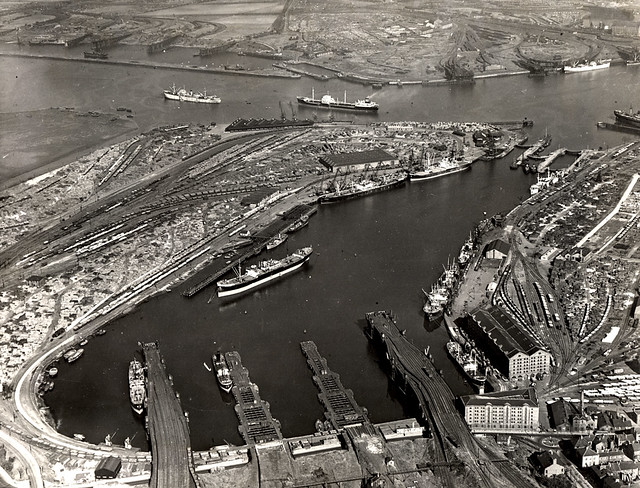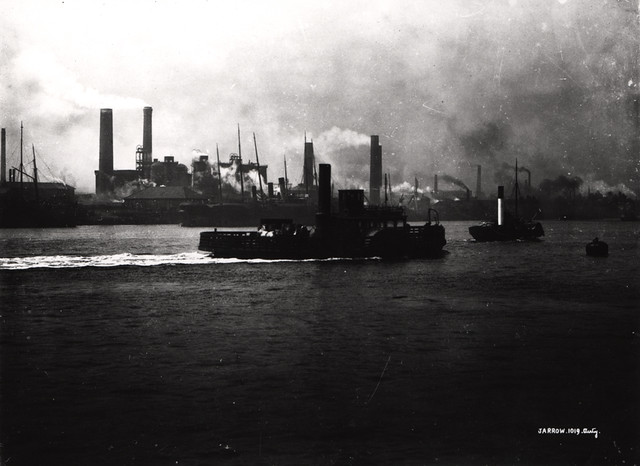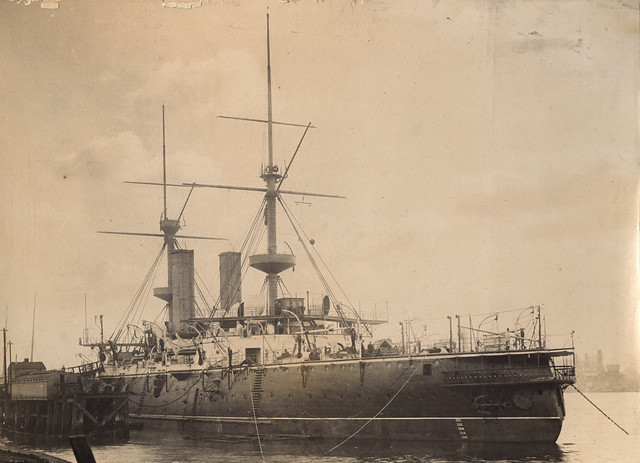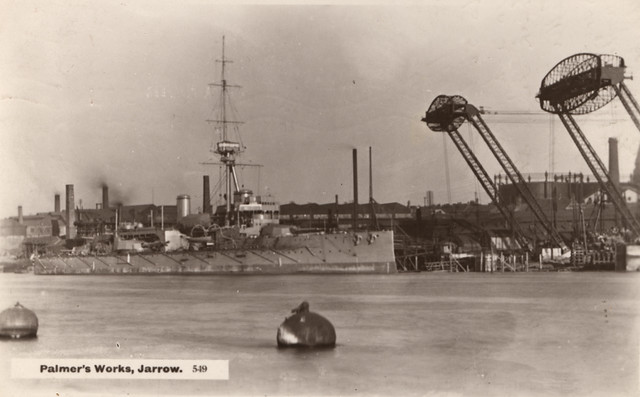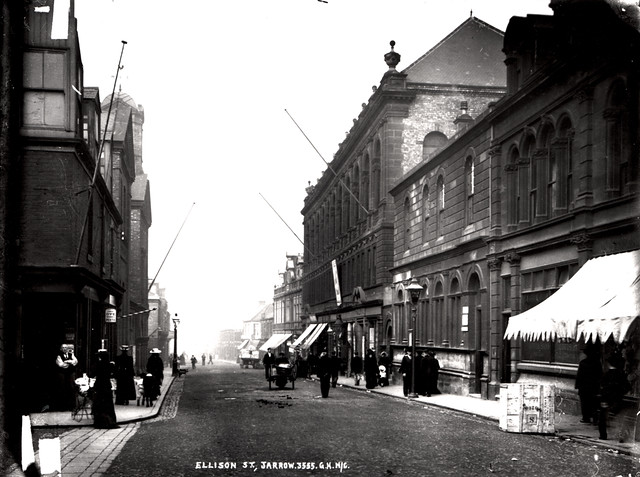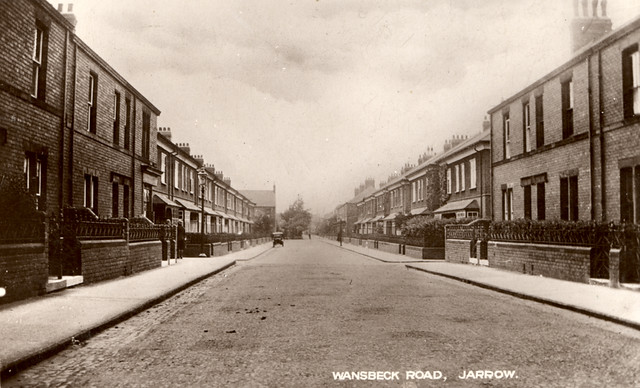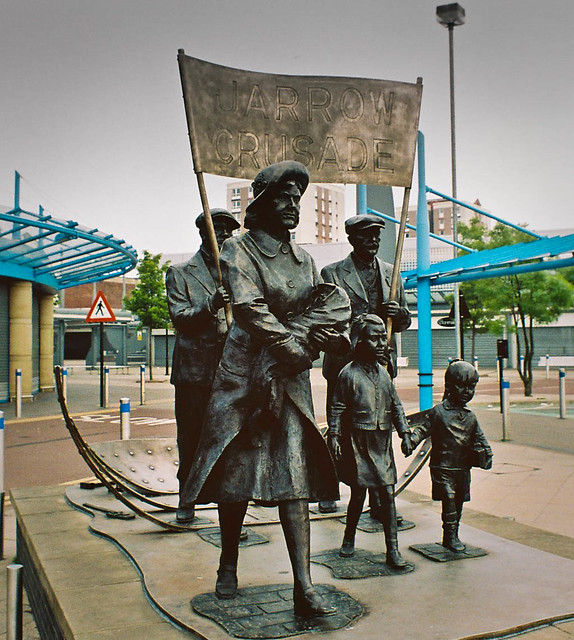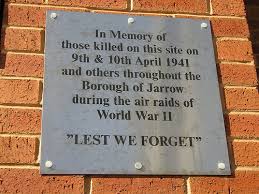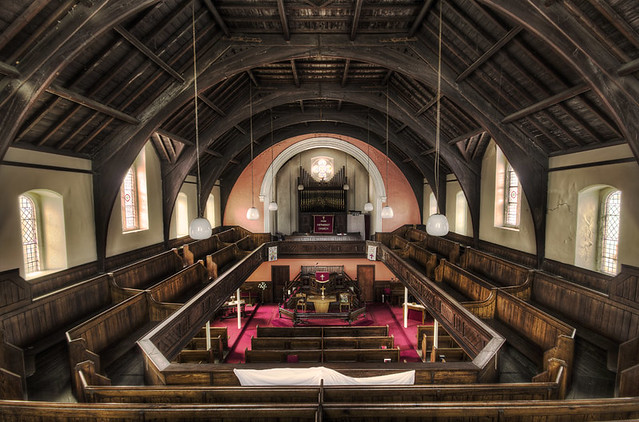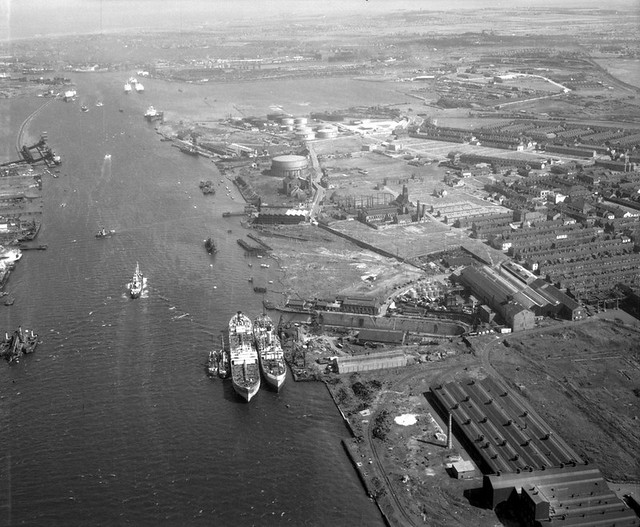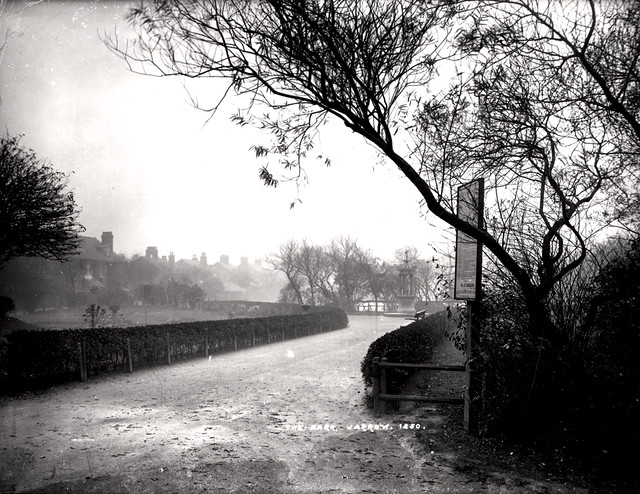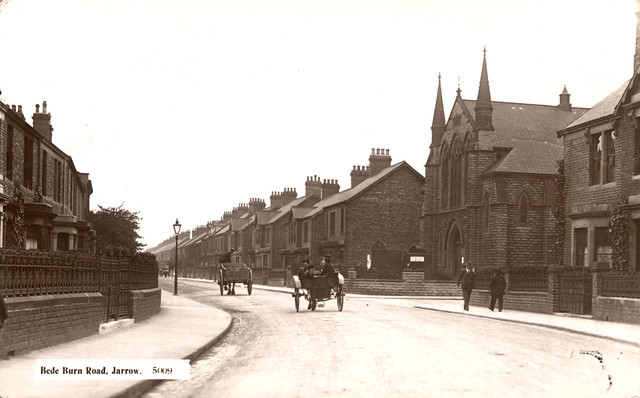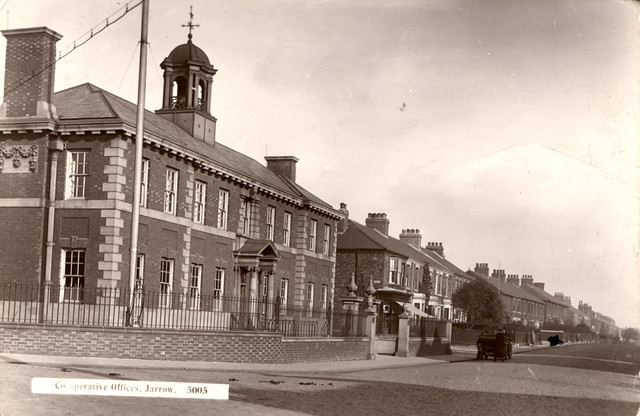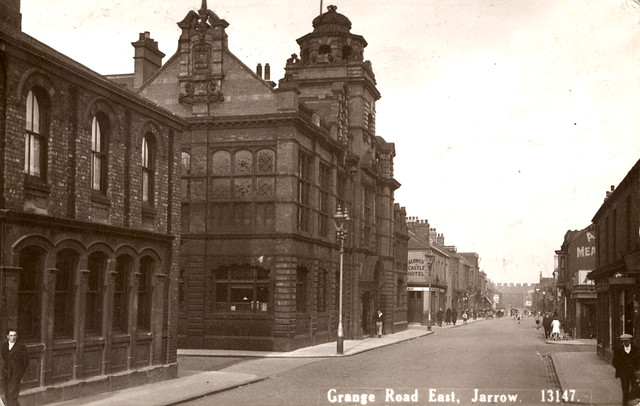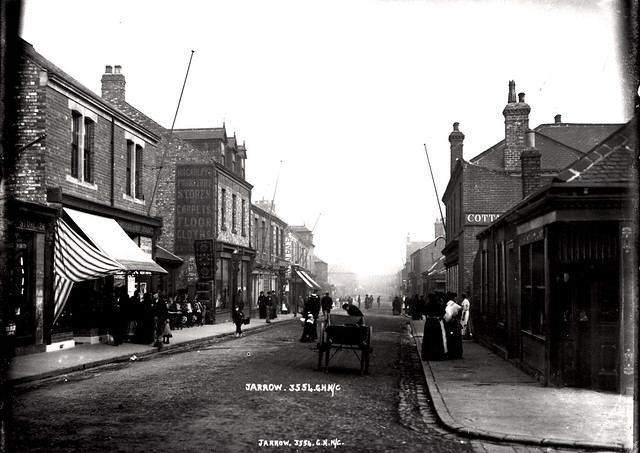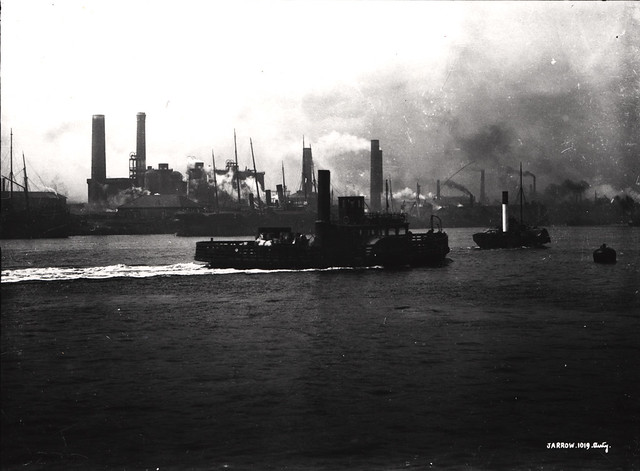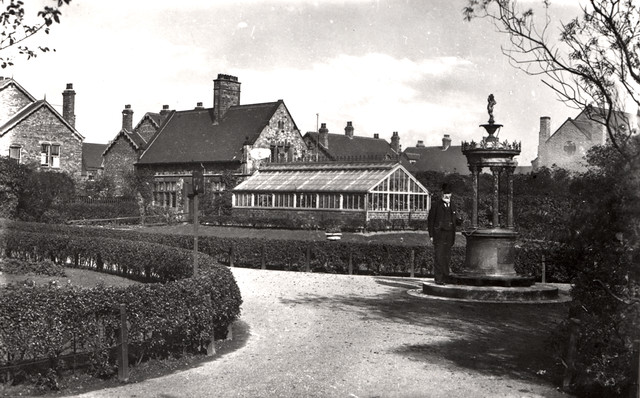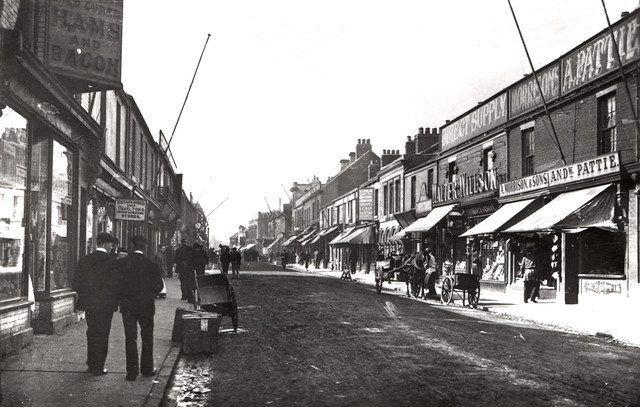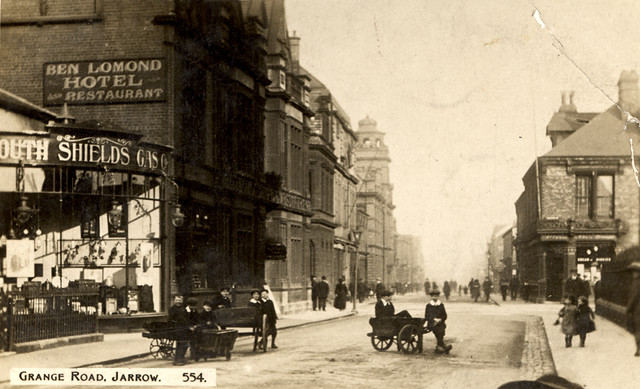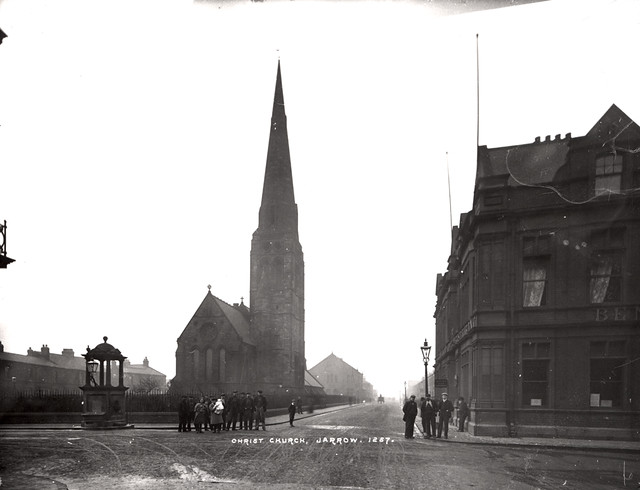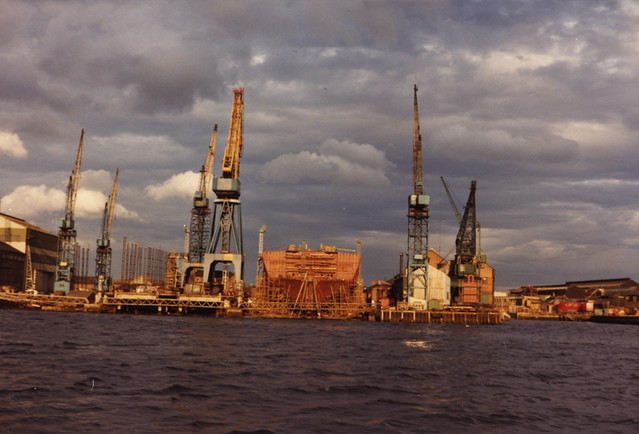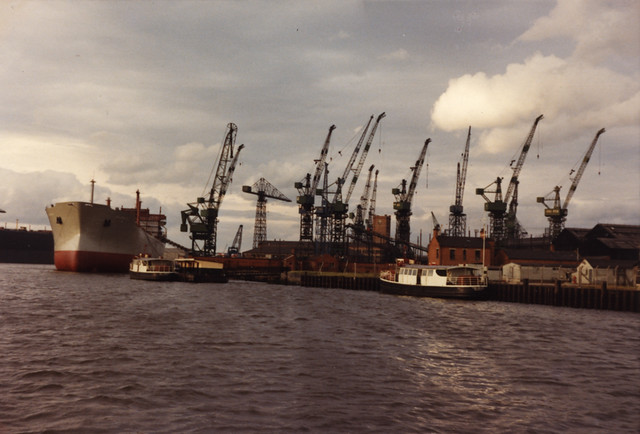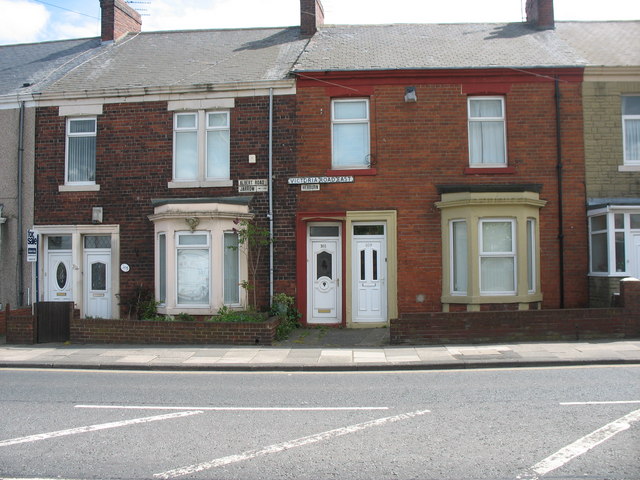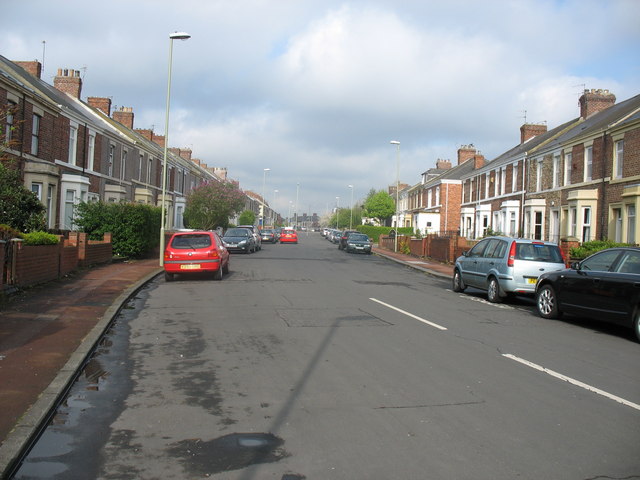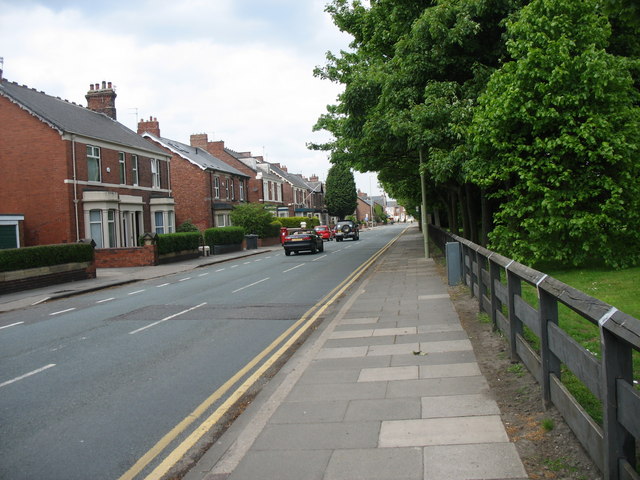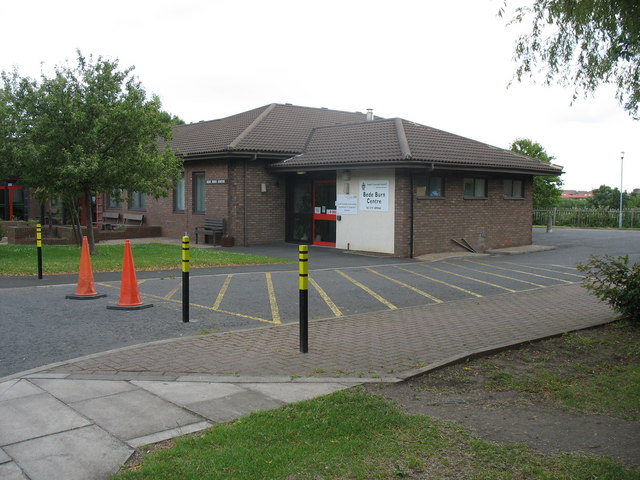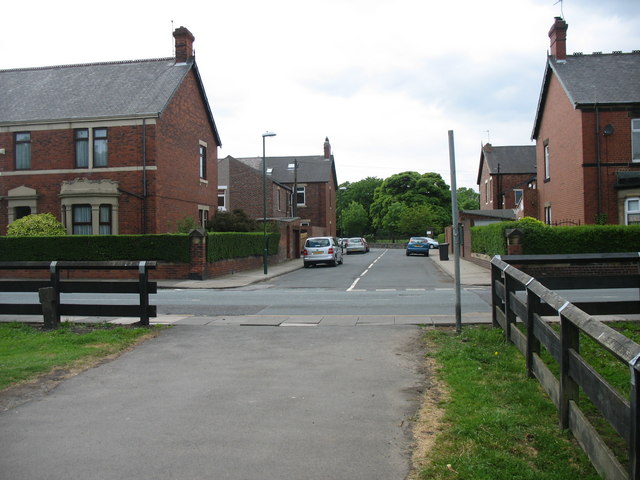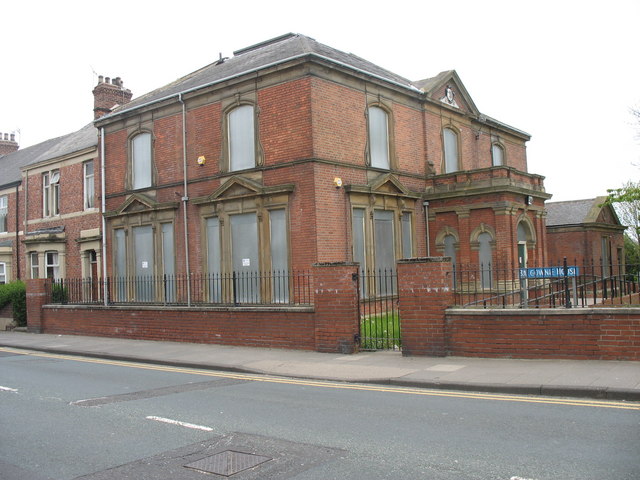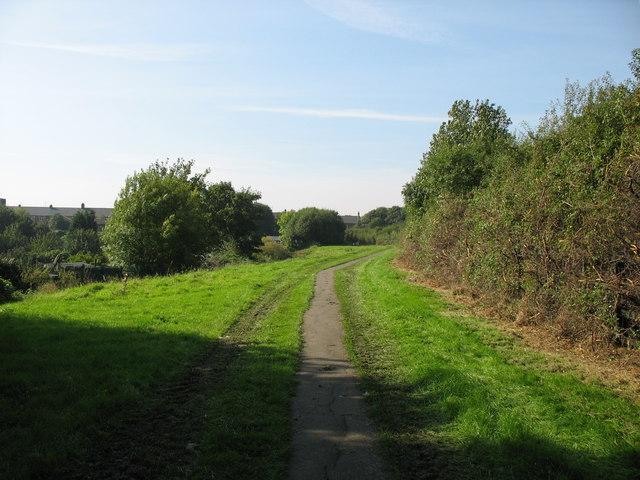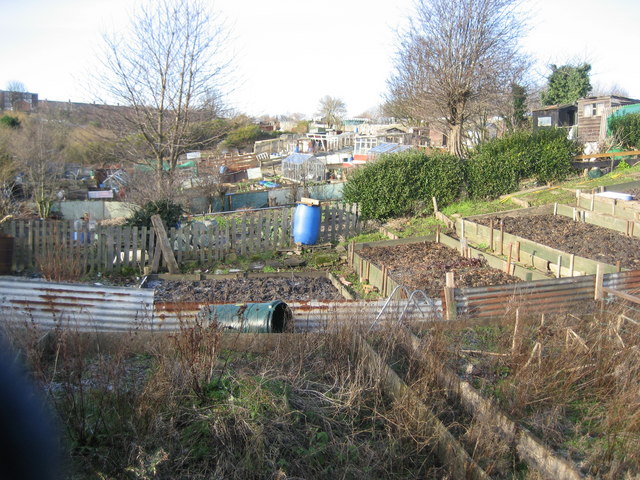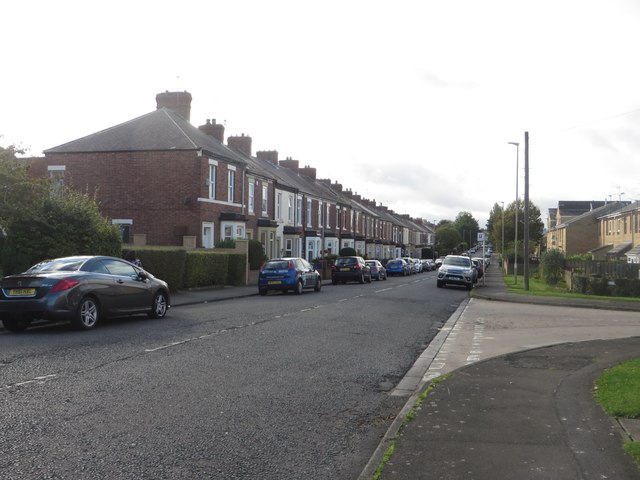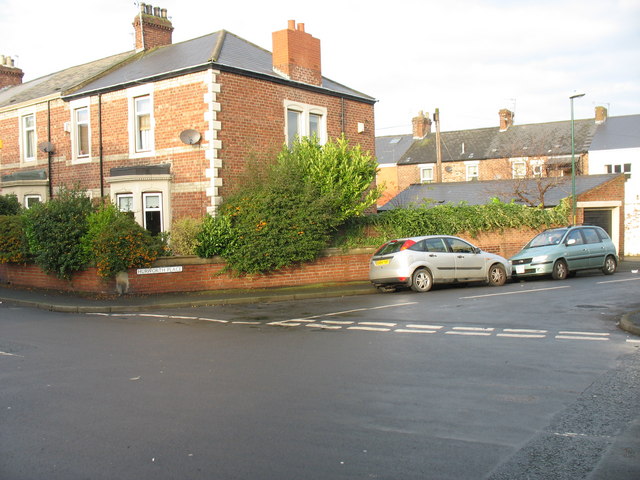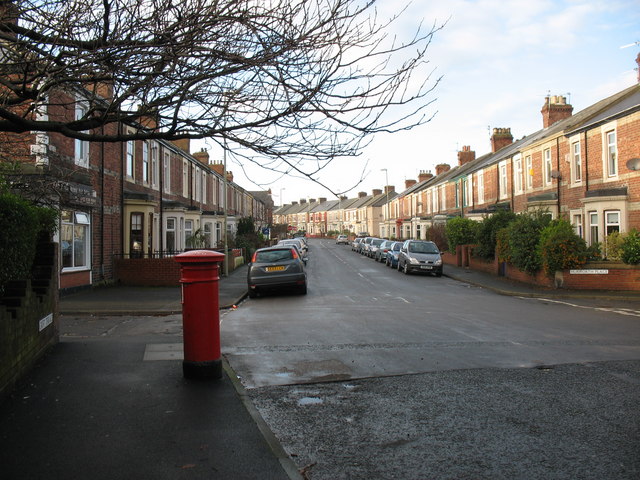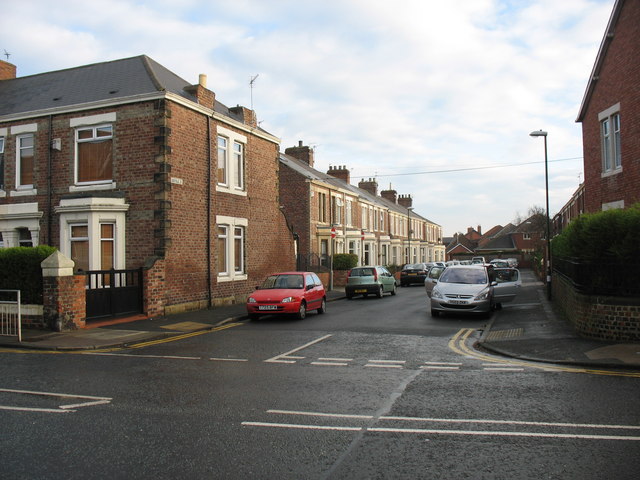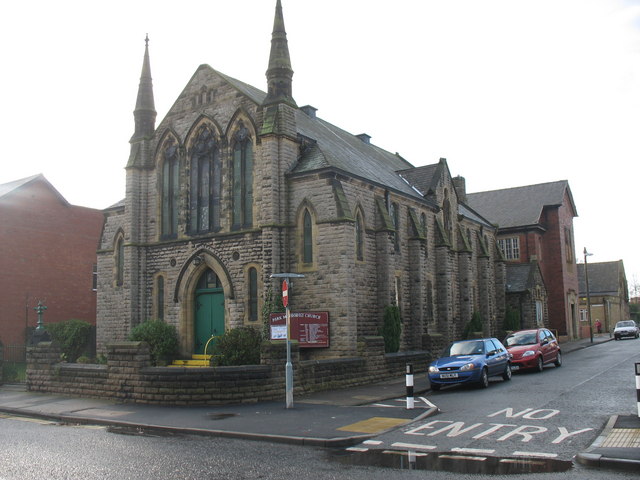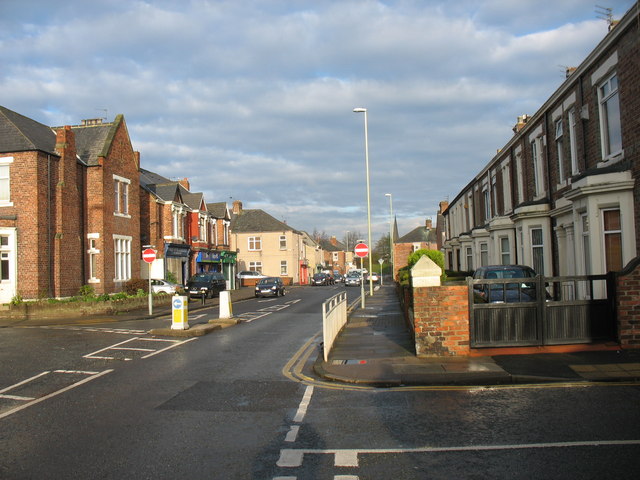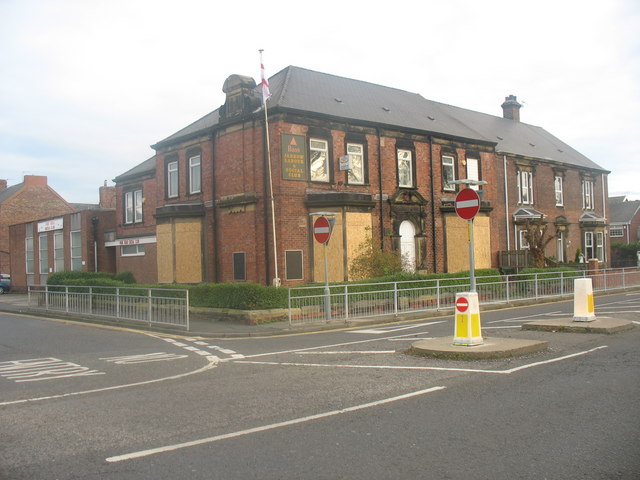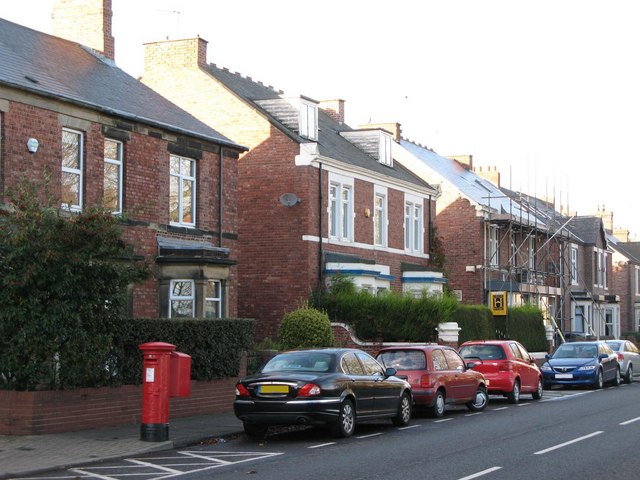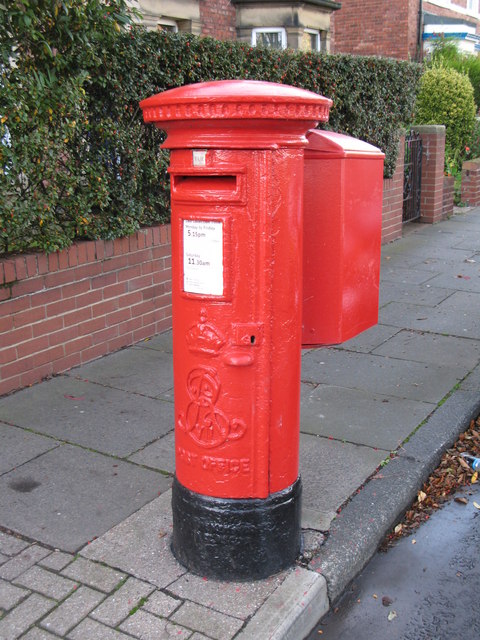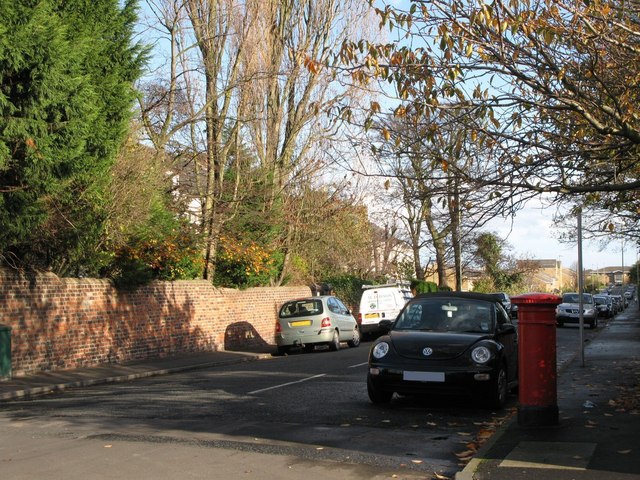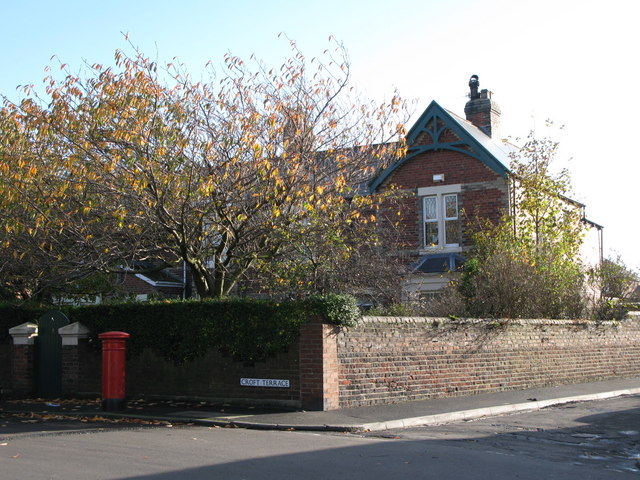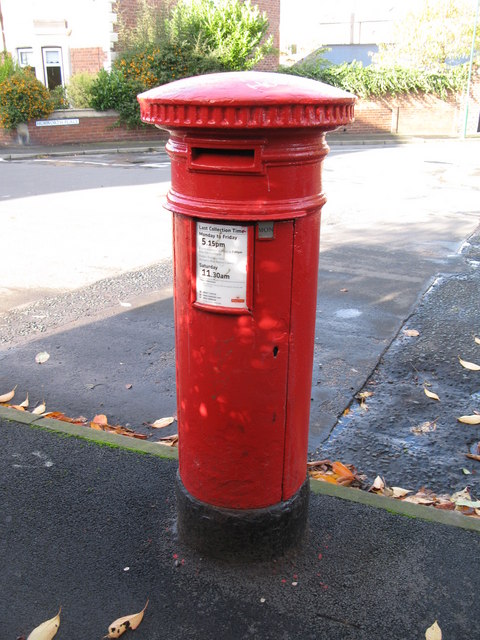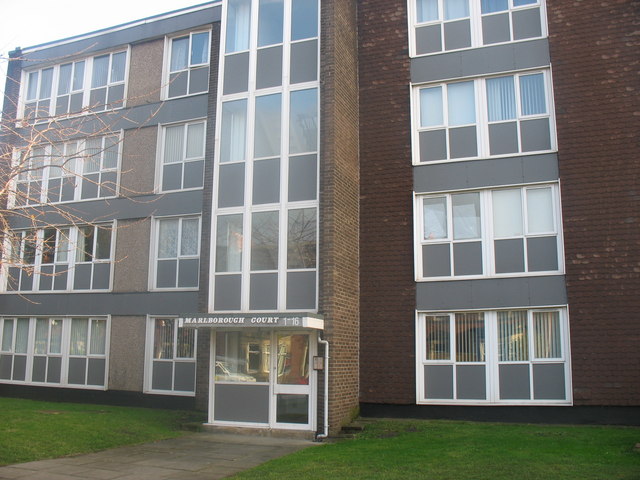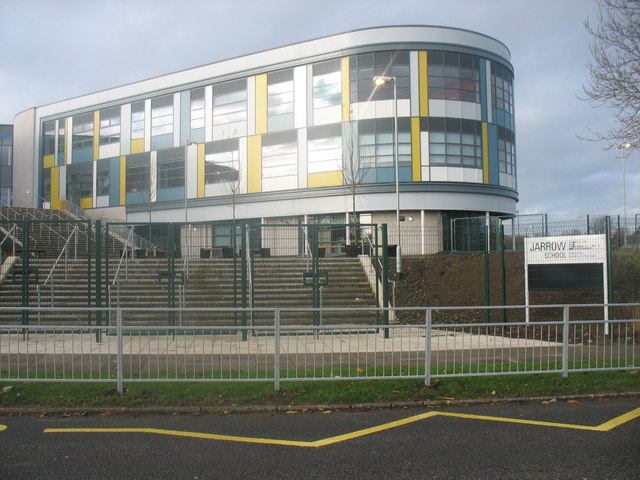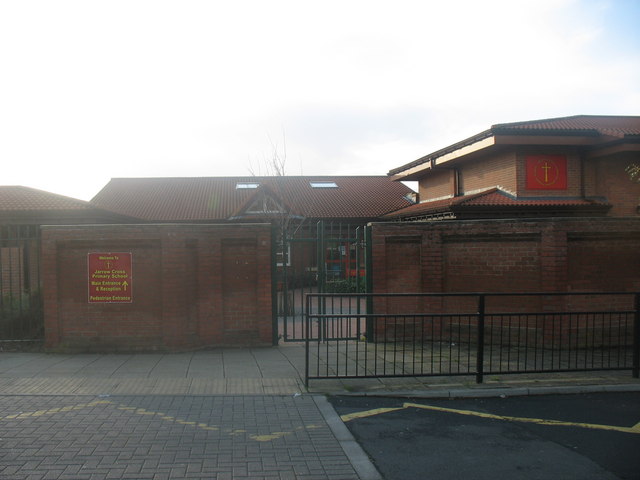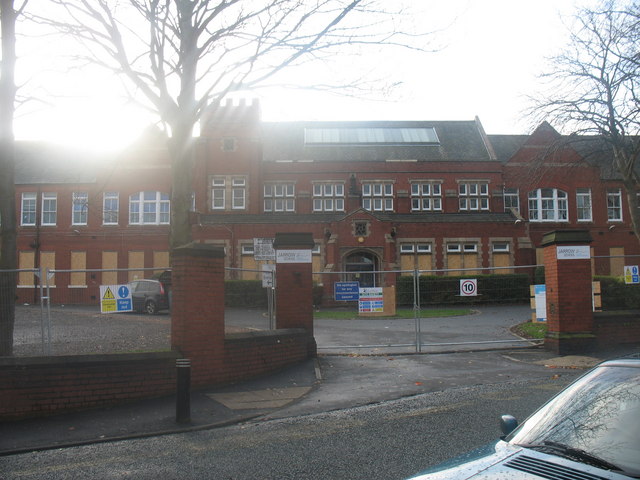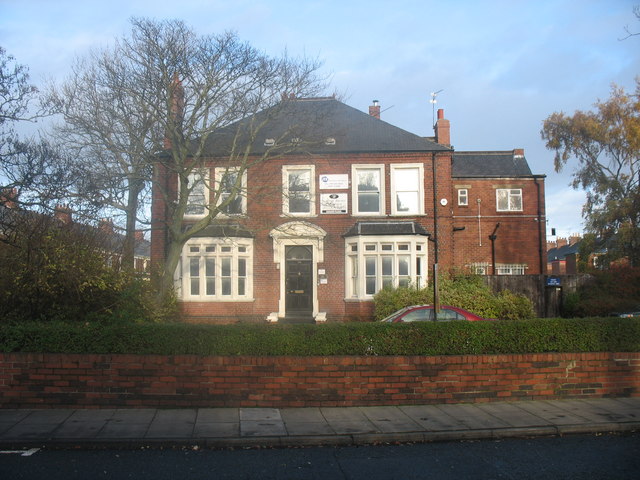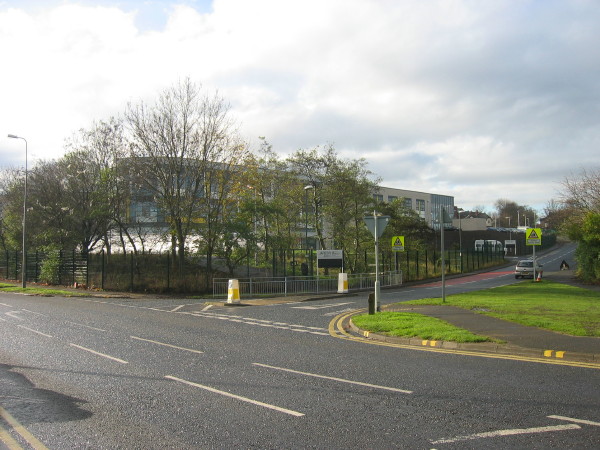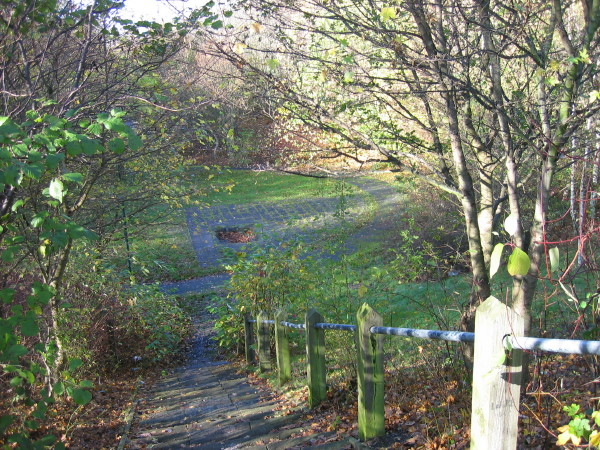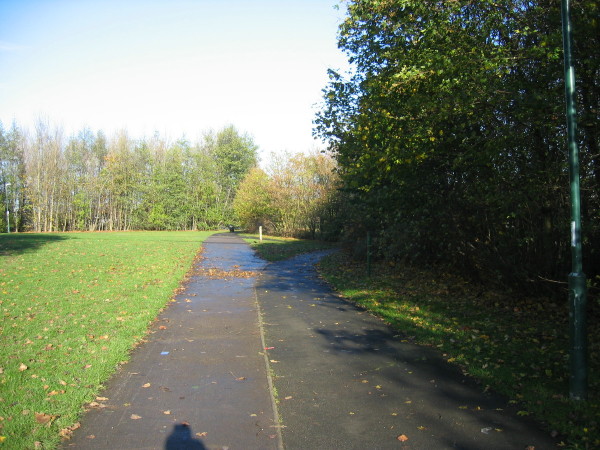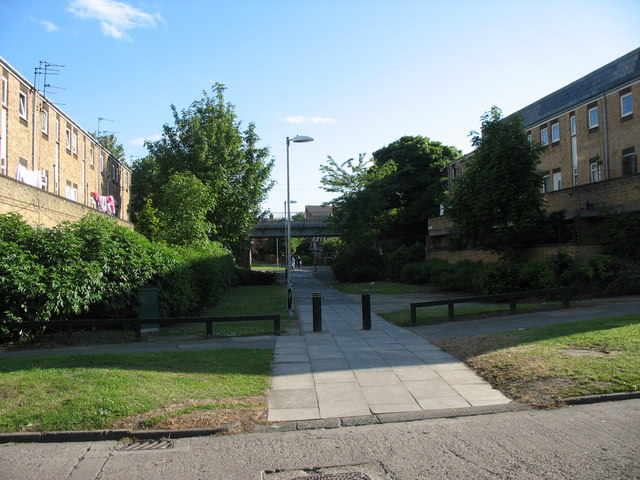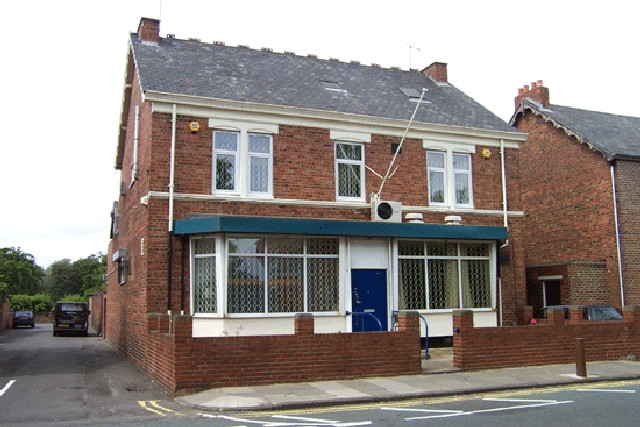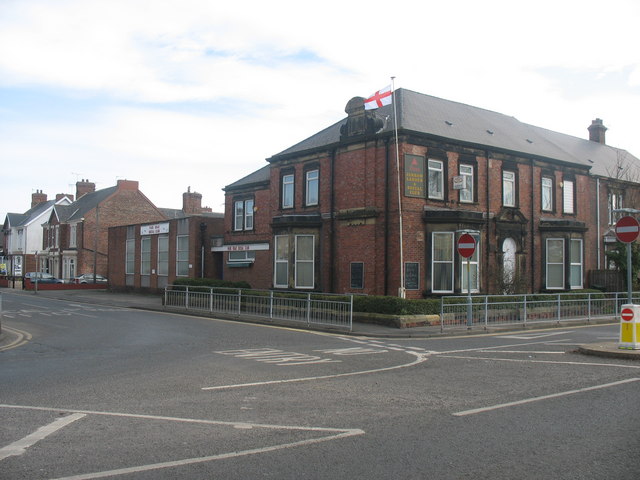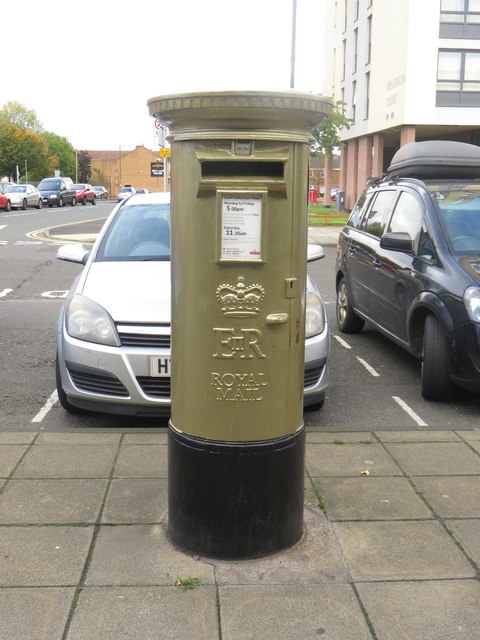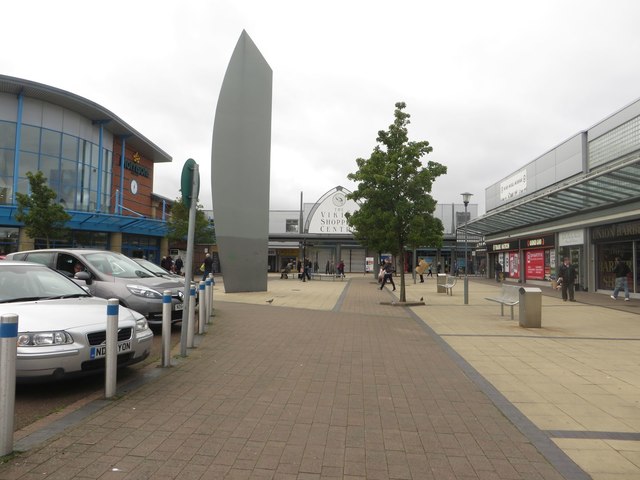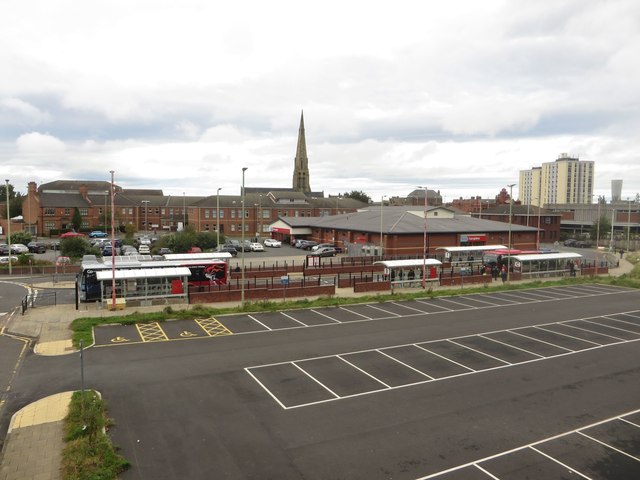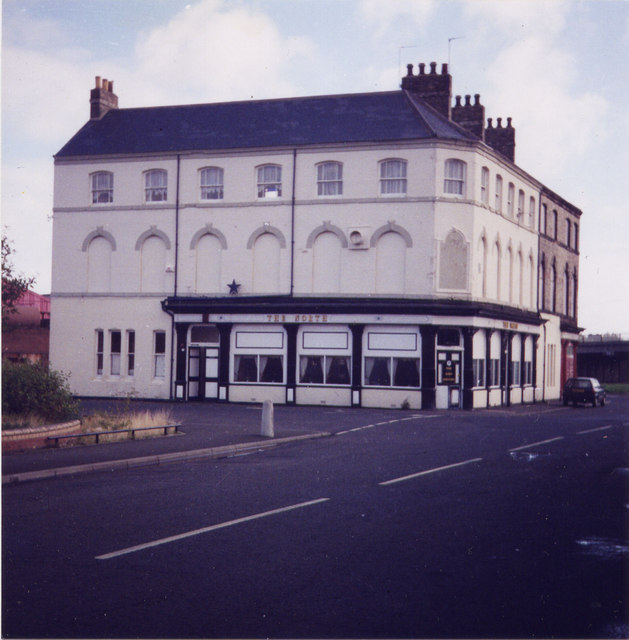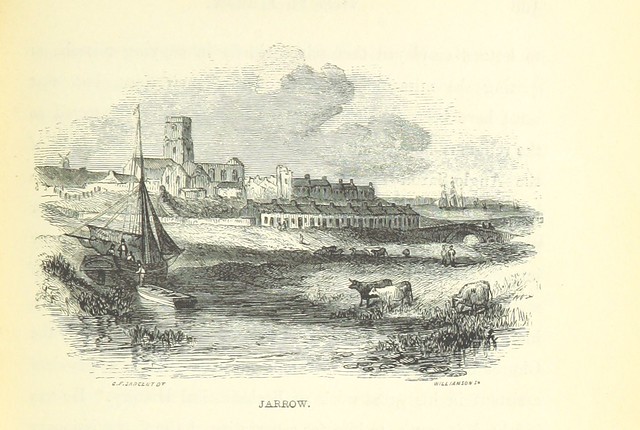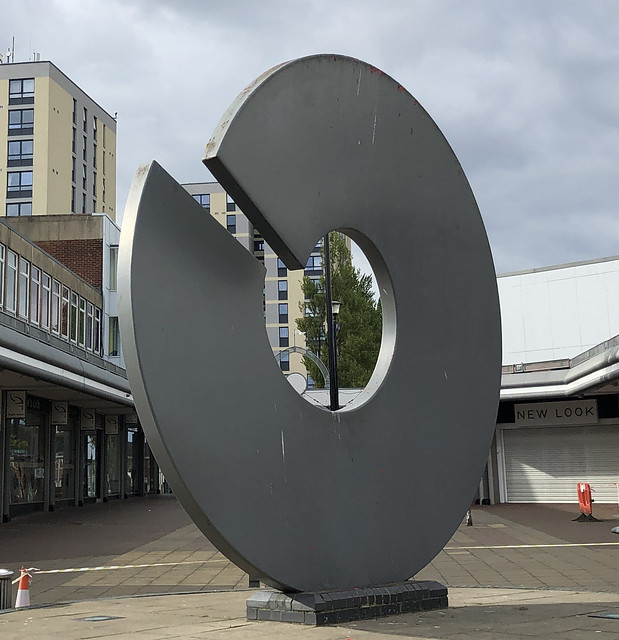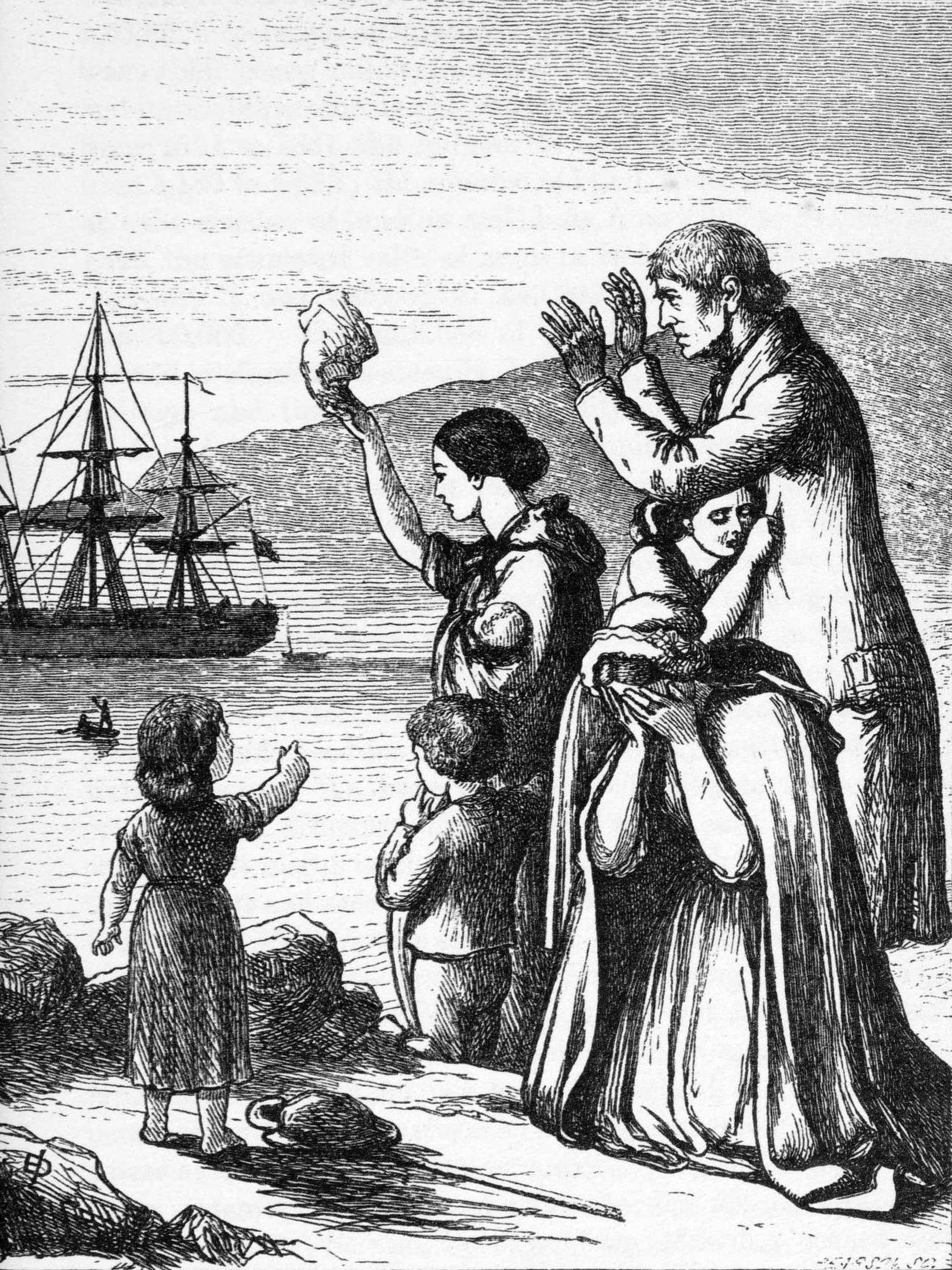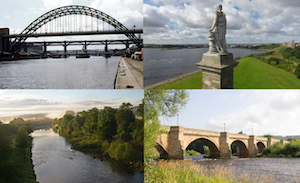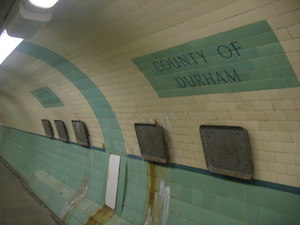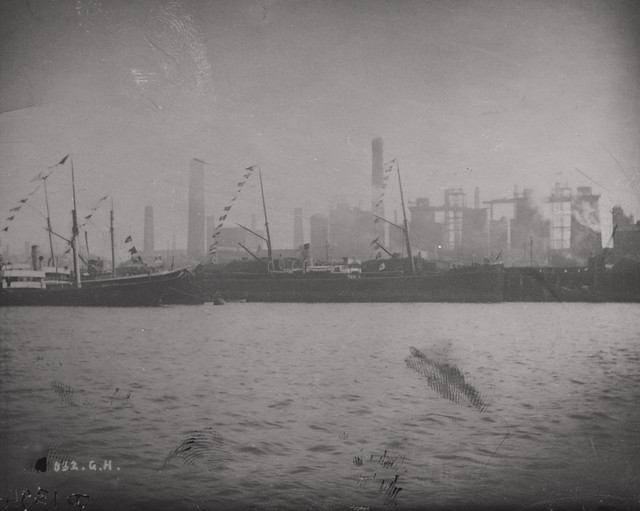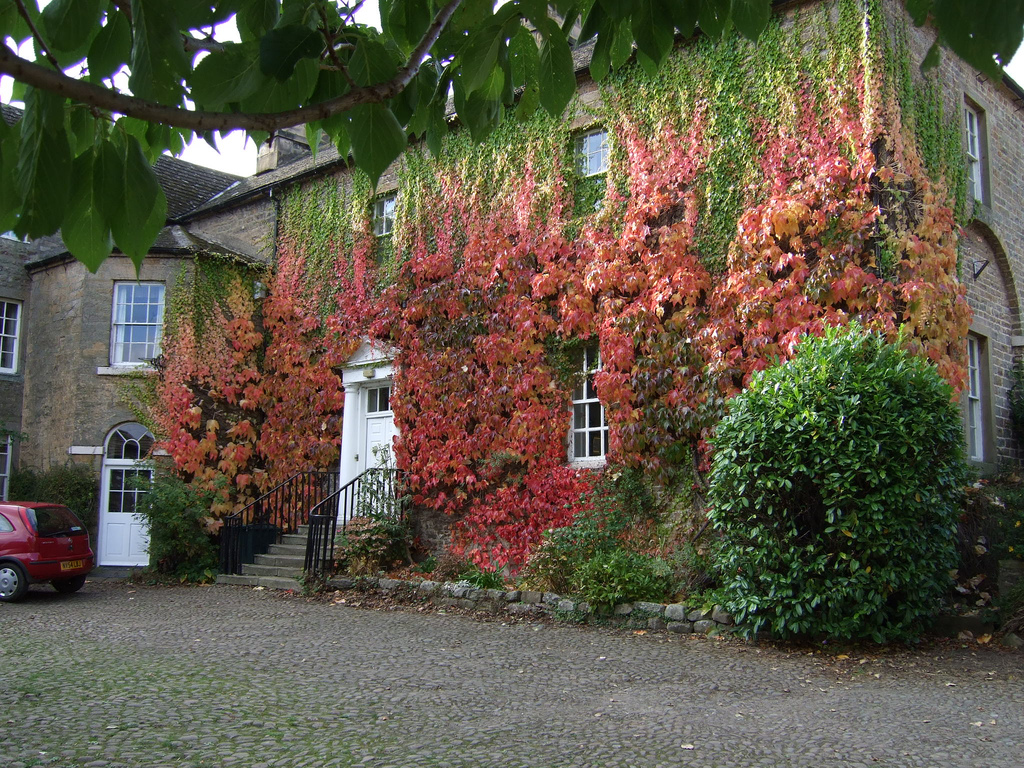Topics > Tyne and Wear > South Tyneside > Jarrow
Jarrow
Jarrow is a town in north-east England, located on the River Tyne. Historically part of County Durham, in 1974 it became part of the metropolitan county of Tyne and Wear.
In the 8th century, the monastery of Saint Paul in Jarrow was the home of Bede, who is regarded as the greatest Anglo-Saxon scholar and the father of English history. From the middle of the 19th century until 1935, Jarrow was a centre for shipbuilding, and was the starting point of the Jarrow March against unemployment in 1936. Jarrow had a population of 43,431 in 2011.
History and naming
Foundation
The Angles re-occupied a 1st-century Roman fort on the site of Jarrow in the 5th century. Its name is recorded around AD 750 as Gyruum, representing Old English [æt] Gyrwum = "[at] the marsh dwellers", from Anglo-Saxon gyr = "mud", "marsh". Later spellings are Jaruum in 1158, and Jarwe in 1228. Today Jarrow residents' popular nickname for Jarrow is "Jarra".
Wearmouth-Jarrow Priory
The monastery of Saint Paul in Jarrow, part of the twin foundation Monkwearmouth-Jarrow Priory, was once the home of the Venerable Bede, whose most notable works include The Ecclesiastical History of the English People and the translation of the Gospel of John into Old English. Along with the abbey at Wearmouth, Jarrow became a center of learning and had the largest library north of the Alps, primarily due to the widespread travels of Benedict Biscop, its founder. In 794 Jarrow became the second target in England of the Vikings, who had plundered Lindisfarne in 793. The monastery was later dissolved by Henry VIII. The ruins of the monastery are now associated with and partly built into the present-day church of St. Paul, which stands on the site. One wall of the church contains the oldest stained-glass window in the world, dating from about AD 600. Just beside the monastery is "Bede's World", a working museum dedicated to the life and times of Bede. Bede's World also incorporates Jarrow Hall, a grade II listed building and significant local landmark.
A much under publicised fact is that the world's oldest complete Bible, written in Latin and to be presented to the then Pope (Gregory II) was produced at this monastery – 'the Codex Amiatinus' – which is currently safeguarded in the Laurentian Library, Florence, Italy.
Originally three copies of the Bible were commissioned by Saint Ceolfrid in 692. This date has been established as the double monastery of Wearmouth-Jarrow secured a grant of additional land to raise the 2000 head of cattle needed to produce the vellum for the Bible's pages. Saint Ceolfrid accompanied one copy (originally intended for Gregory I) on its journey to be presented to Gregory II, but he died en route to Rome. The book later appears in the 9th century in the Abbey of the Saviour, Monte Amiata in Tuscany (hence the description "Amiatinus"), where it remained until 1786 when it passed to the Laurentian Library in Florence.
19th century to present
Jarrow remained a small town until the introduction of heavy industries like coal mining and shipbuilding. Charles Mark Palmer established a shipyard – Palmer's Shipbuilding and Iron Company – in 1852 and became the first armour-plate manufacturer in the world. John Bowes, the first iron screw collier, revived the Tyne coal trade, and Palmer's was also responsible for the first modern cargo ship, as well as a number of notable warships. Around 1,000 ships were built at the yard, they also produced small fishing boats to catch eel within the River Tyne, a delicacy at the time.
Palmer's employed as much as 80% of the town's working population until its closure in 1933 following purchase by National Shipbuilders Securities Ltd. (NSS). This organisation had been set up by Stanley Baldwin's Conservative government in the 1920s, but the first public statement had been made in 1930 whilst the Labour Party was in office. The aim of NSS was to reduce capacity within the British shipyards. In fact Palmer's yard was relatively efficient and modern, but had serious financial problems. As from 1935, Olympic, the sister ship of RMS Titanic, was partially demolished at Jarrow, being towed in 1937 to Inverkeithing, Scotland for final scrapping.
The closure of the shipyard was responsible for one of the events for which Jarrow is best known. Jarrow is marked in history as the starting point in 1936 of the Jarrow March to London to protest against unemployment in Britain. Jarrow MP Ellen Wilkinson wrote about these events in her book The Town That Was Murdered (1939). Some doubt has been cast by historians as to how effective events such as the Jarrow March actually were but there is some evidence that they stimulated interest in regenerating 'distressed areas'. 1938 saw the establishment of a ship-breaking yard and engineering works in the town, followed by the creation of a steelworks in 1939.
The Second World War revived the town's fortunes as the Royal Navy was in need of ships to be built. After 1945 the shipbuilding industries were nationalised. The last shipyard in the town closed in 1980.
In August 2014 a group of mothers from Darlington organised a march from Jarrow to London to oppose the privatisation of the NHS. The march took place in September 2014 and 3,000–5,000 people participated in the event.
Education
Jarrow's needs for secondary education are currently served by Jarrow School, formerly Springfield Comprehensive. Springfield was merged with another of Jarrow's secondary schools, Hedworthfield Comprehensive at Fellgate, following a gradual reduction of the number of new pupils for the yearly intake of 11-year-olds to the point where keeping both schools open was no longer viable. As of 2008 plans to revamp Jarrow School have come into action. Building work was completed in 2009 turning the school into a modern learning facility with Specialist Engineering Status. The head teacher at the school plans to improve the school's grade point average, by improving the learning facilities, costing millions of pounds.
Demography
In 2011, Jarrow had a population of 43,431, compared to 27,526 in 2001. This gives Jarrow a similar population to Wallsend and Whitley Bay.
The fact that only 2.9% of Jarrow's population is non White British, makes Jarrow the least ethnically diverse major urban subdivision in Tyneside and is less ethnically diverse than its surrounding borough, South Tyneside. Jarrow contains areas such as Fellgate and Hedworth, which border onto Greenbelt in the south of the town, which have very high White British populations. In South Tyneside, 5.0% of the population are non-White British, which is almost double the figure for Jarrow, also the borough has twice the percentage of Asian people compared to this riverside town.
Compared to the rest of the North East of England Jarrow does have a increased rate of unemployment, average unemployment figures in 2013 put the north east at 5.4% as appose to Jarrow at 6.1%. In September 2016 1,680 people living in Jarrow were in receipt of Job Seekers Allowance or Universal Credit, 370 people aged between 18 to 24 were on receipt of benefits in September 2016 down by 30 from last year, a drop of 7.5%.
Transport
;Road
Jarrow is reached from the south by the A1(M) via the A194, and is connected to North Tyneside and Northumberland via the Tyne Tunnel.
;Metro
Jarrow is served by three stations on the Tyne and Wear Metro: Jarrow station in the centre of the town (on the Yellow line) Bede station in the Bede industrial estate (also on the Yellow line), and Fellgate station (on the Green line) to the south.
;Air
The nearest major airport is Newcastle Airport, about 15–18 miles away depending on your road route, or around 45 minutes by Metro.
Notable people
Notable former residents of the town, including Ellen Wilkinson MP, Charles Mark Palmer and William Jobling, have been remembered in the names of beers produced in the Town.
- Roger Avon, actor
- Bede, Benedictine monk and scholar
- Catherine Cookson, writer
- Steve Cram, Olympic athlete
- Peter Flannery, playwright
- William Goat, winner of the Victoria Cross for attempting to retrieve the body of a major whilst under attack by hostile cavalry, returning later under heavy fire to complete the task.[20]
- Stephen Hepburn, politician
- James Johnston, socialist activist
- Ray Lugg, professional footballer, born in Jarrow in 1948
- Jem Mace, famous pugilist died at 6 Princess Street, Jarrow in 1910
- Aidan McCaffery, former Newcastle United footballer.
- John Miles, rock musician, singer, songwriter
- Fergus Montgomery, Conservative MP
- Charles Mark Palmer, shipbuilder, first mayor of Jarrow
- Alan Plater, writer
- Alan Price, musician, born in Washington and brought up in Jarrow
- David Sharpe, silver medalist at 1992 European Championships over 800 metres
- Gareth Smith, cricketer
- Sir Patrick Stewart, actor, spent the majority of his childhood living in Jarrow, although was born in Mirfield, West Riding of Yorkshire.
- Paul Thompson, rock musician, drummer of Roxy Music
- Jimmy Thorpe, Sunderland goalkeeper who lost his life helping the club win the 1936 League title
- Frank Williams, Formula One team manager, was brought up in Jarrow
- Ellen Wilkinson, Labour MP and Jarrow March organiser.
- Wee Georgie Wood, music hall star.
- Christie Elliot, Partick Thistle
- Ray Drinkwater, goalkeeper with Queens Park Rangers
- David Hague, footballer for Portland Timbers
Twin towns
Jarrow is twinned with the following towns, under the umbrella of the South Tyneside town-twinning project which saw individual twinning projects brought together in 1974:
- Wuppertal in Germany, originally twinned with South Shields in 1951.
- Noisy-le-Sec in France, originally twinned with Hebburn in April 1963.
- Eacute;pinay-sur-Seine in France, originally twinned with Jarrow in June 1965.
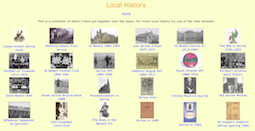
from http://www.donmouth.co.uk/
Donmouth
- An extensive site by Patrick Brennan on the local history of North-East England, with a particular focus on Jarrow. It includes detailed information, photos and references on a wide range …
Added by
Simon Cotterill

from Youtube (youtube)
Giant Cable Way Dropped - Jarrow Aka Giant Cableway (1938)
Pinned by Simon Cotterill
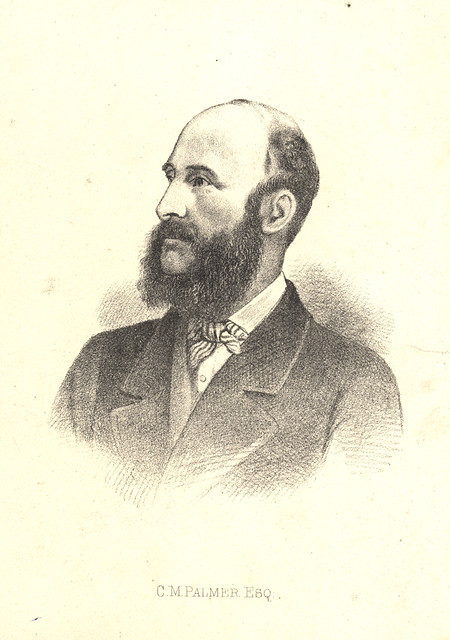
Co-Curate Page
Sir Charles Mark Palmer (1822-1907)
- Overview About Charles Mark Palmer, Sir Charles Mark Palmer, was a shipbuilding entrepreneur born in South Shields, who later became a Liberal Party politician and Member of Parliament. In 1852 …
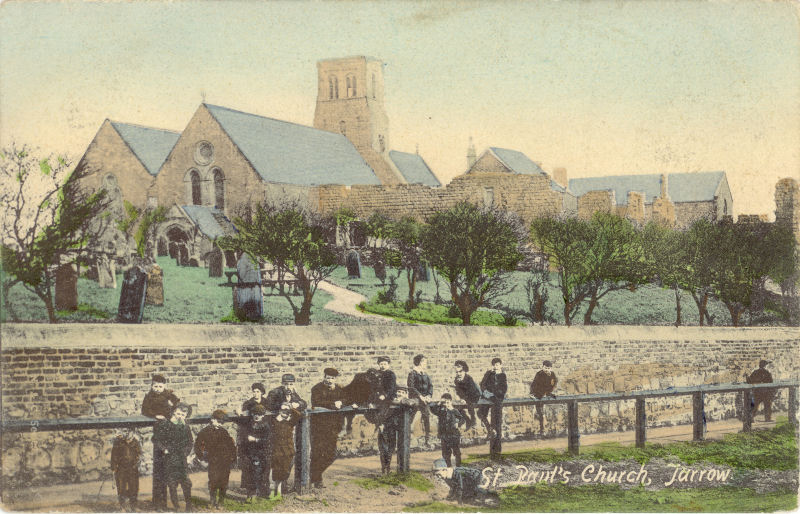
from http://picturesofgateshead.co…
St. Paul's Church, Jarrow
- "Lochinvar Series card by N&C. Printed in Saxony, so obviously dates from before the First World War." Postcard from 'Pictures of Gateshead and the Surrounding Area' by Andy Williamson. The …
Added by
Simon Cotterill
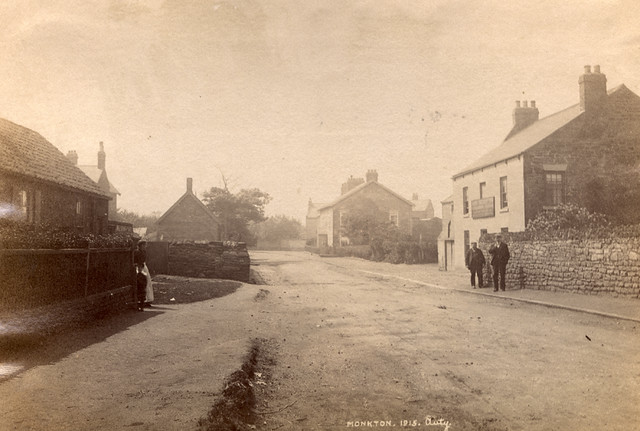
Co-Curate Page
Monkton
- Overview Map Street View Monkton is area in South Tyneside which is located to the south of Jarrow. The origins of Monkton date back to at least 1074 AD, when …
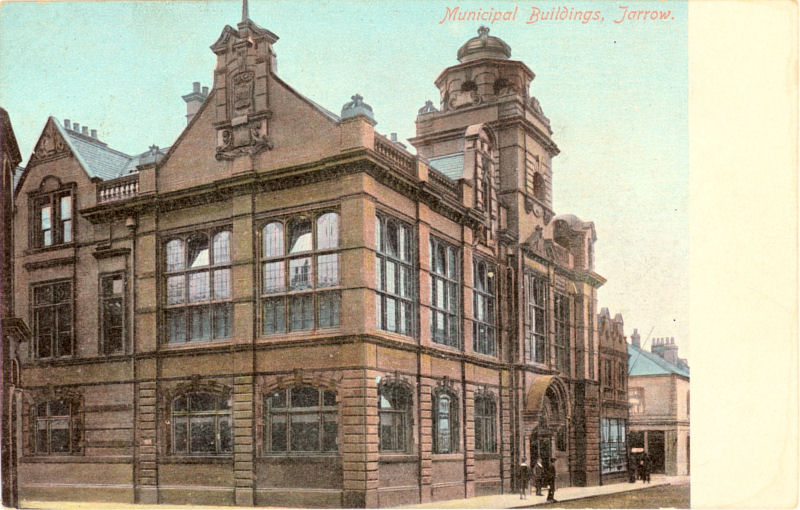
from http://picturesofgateshead.co…
Municipal Buildings, Jarrow
- "Grand Series postcard by Ruddock Ltd. of Newcastle on Tyne". Postcard from 'Pictures of Gateshead and the Surrounding Area' by Andy Williamson. The images may be used for non-commercial purposes, …
Added by
Simon Cotterill
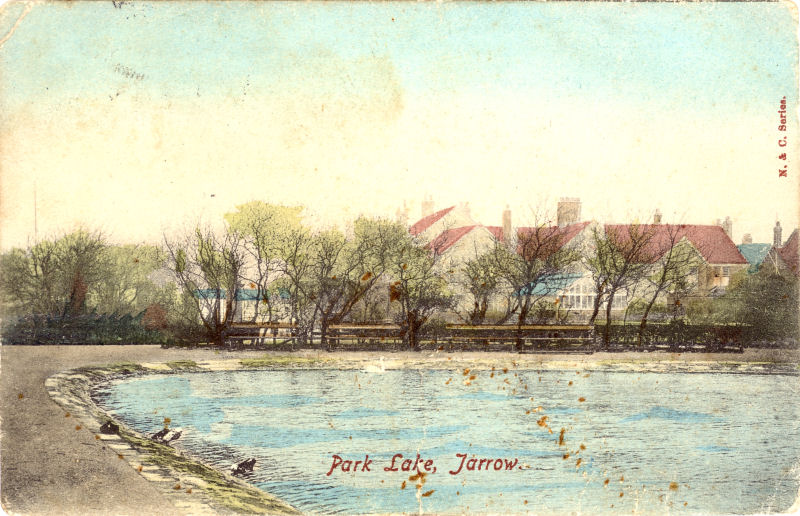
from http://picturesofgateshead.co…
Park Lake, Jarrow
- "Posted to Backworth on 22nd July 1908. Published by Lochinvar in their N&C Series". Postcard from 'Pictures of Gateshead and the Surrounding Area' by Andy Williamson. The images may be …
Added by
Simon Cotterill
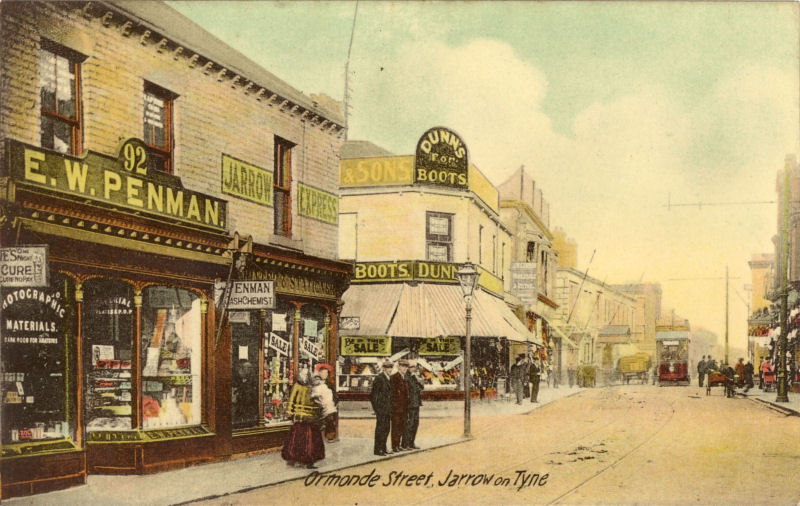
from http://picturesofgateshead.co…
Ormonde Street, Jarrow on Tyne
- "Published by R. Johnston & Son of Gateshead in their Monarch Series [no: 161]". Postcard from 'Pictures of Gateshead and the Surrounding Area' by Andy Williamson. The images may be …
Added by
Simon Cotterill
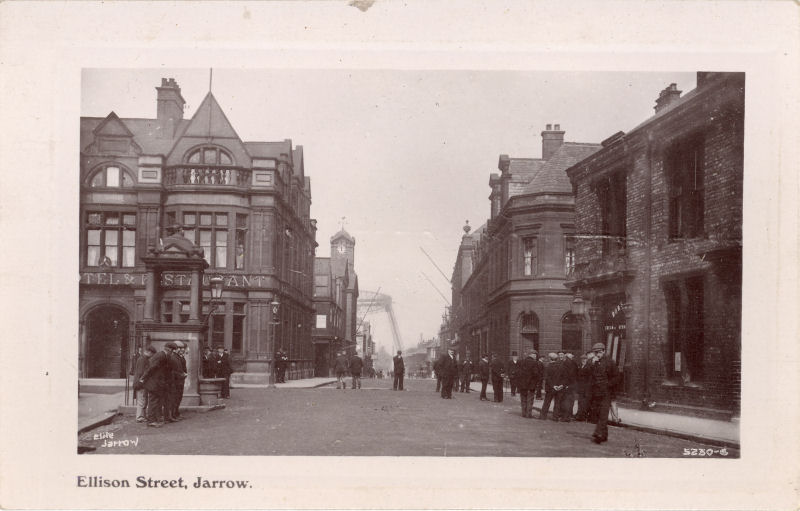
from http://picturesofgateshead.co…
Ellison Street, Jarrow
- "The cranes of Palmers shipyards are visible at the end of the street. Photo by Elite of Jarrow [no: 5230-6]. Published by Davidson Bros, London & New York." Postcard from …
Added by
Simon Cotterill
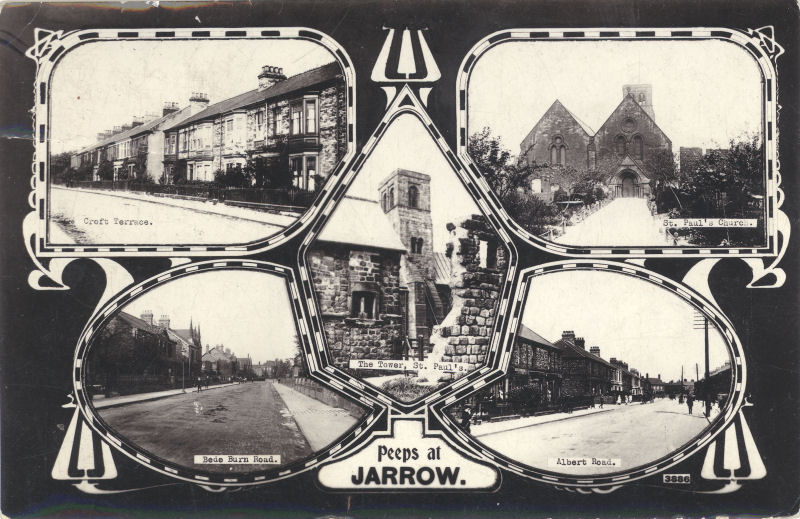
from http://picturesofgateshead.co…
Peeps at Jarrow
- "Posted from Jarrow to Newton-on-Ayr in Scotland, 17th July 1935. Published by R. Johnston & Sons of Gateshead in their Monarch Series [no: 3886]". Postcard from 'Pictures of Gateshead and …
Added by
Simon Cotterill
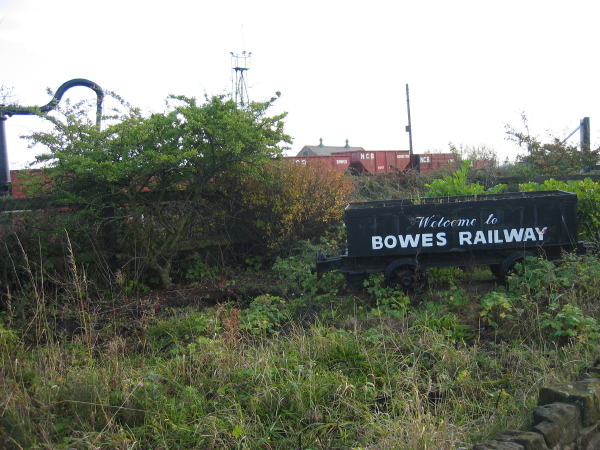
Co-Curate Page
Bowes Railway
- Overview About Bowes Railway Map Street View Bowes Railway was originally built by George Stephenson in 1826 to transport coal from pits in north west Durham to boats on the …
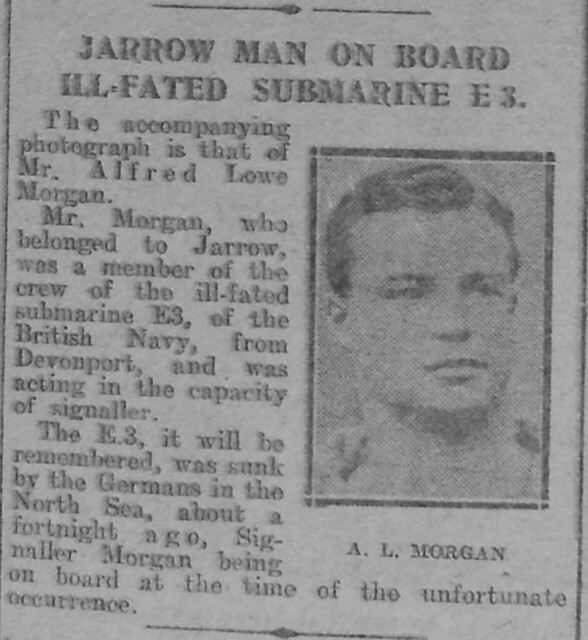
from IllustratedChronicles (flickr)
Alfred Lowe Morgan, Jarrow, lost on submarine
Pinned by Simon Cotterill
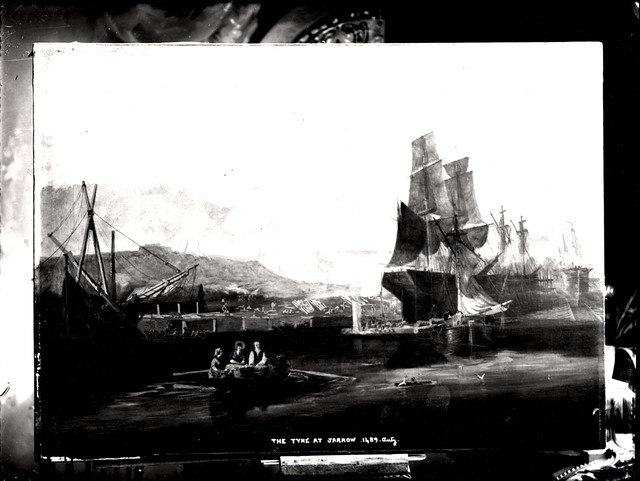
from Newcastle libraries (flickr)
024987:Jarrow South Tyneside unknown c.1800
Pinned by Simon Cotterill
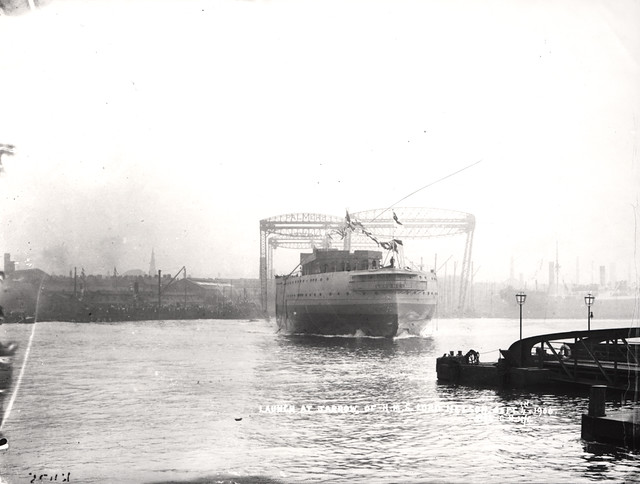
from Newcastle libraries (flickr)
025915:Launch of the HMS Lord Nelson 1906
Pinned by Simon Cotterill
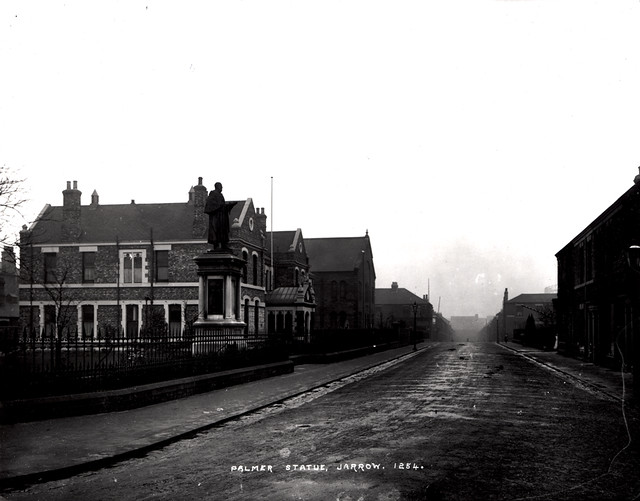
from Newcastle libraries (flickr)
031341:Jarrow Tyne Street Palmers statue C.1910
Pinned by Simon Cotterill
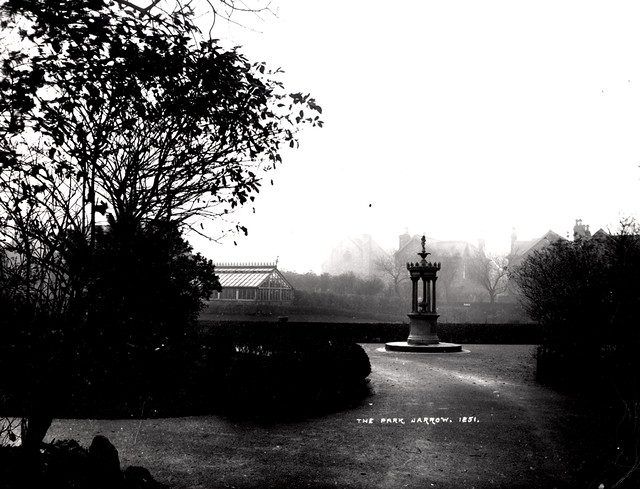
from Newcastle libraries (flickr)
031337:Jarrow Park with drinking fountain
Pinned by Simon Cotterill
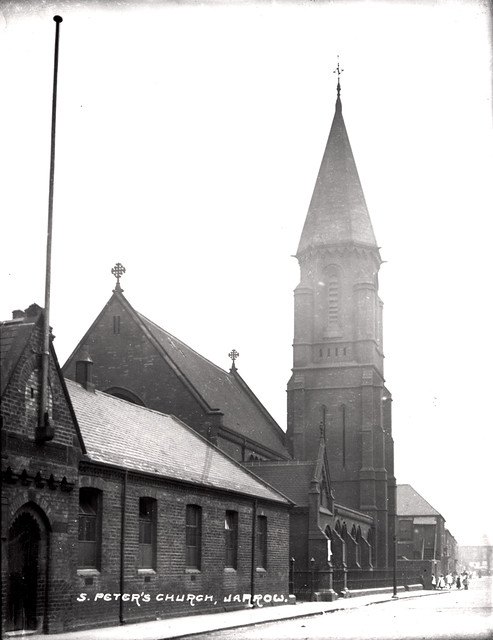
from Newcastle libraries (flickr)
030697:St. Peter's Church Jarrow C. 1910
Pinned by Simon Cotterill
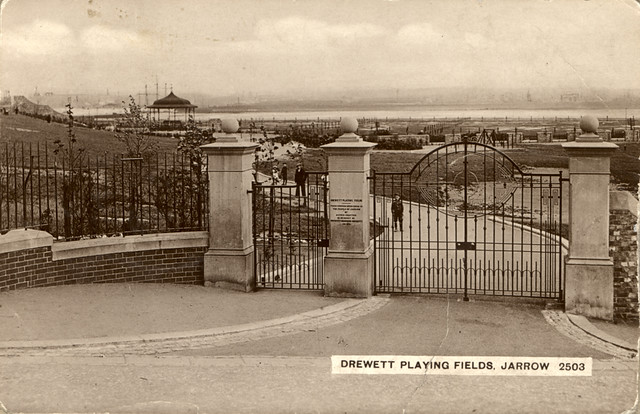
from Newcastle libraries (flickr)
011537:Drewett Playing Fields Jarrow C. 1930
Pinned by Simon Cotterill
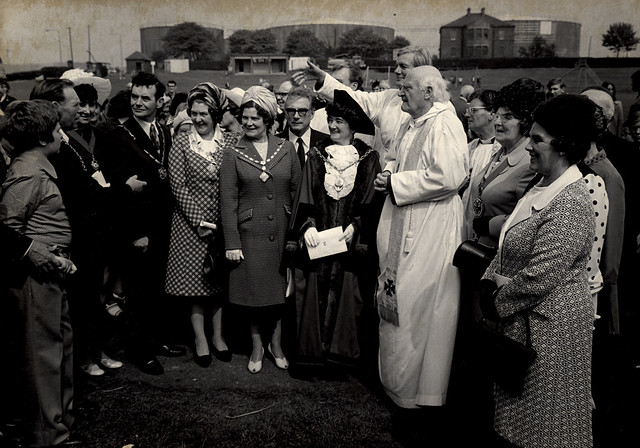
from Newcastle libraries (flickr)
022483:Dr. Michael Ramsey's visit to Jarrow 1974
Pinned by Simon Cotterill
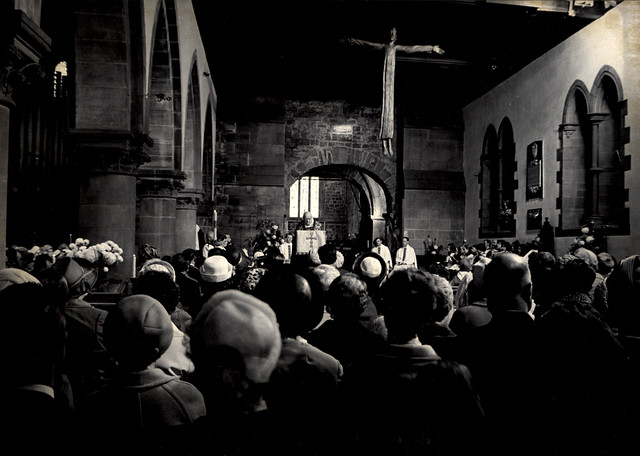
from Newcastle libraries (flickr)
022484:The visit of Dr. Michael Ramsey to Jarrow 1974
Pinned by Simon Cotterill
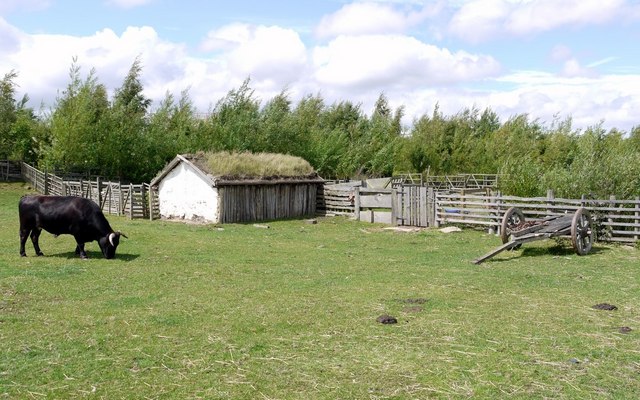
Co-Curate Page
Jarrow Hall - Anglo Saxon Farm, Village and Bede Museum
- Overview About Bede's World Map Jarrow Hall - Anglo Saxon Farm, Village and Bede Museum (formerly 'Bede's World') is an 11 acre museum and visitor attraction located at Jarrow in South …
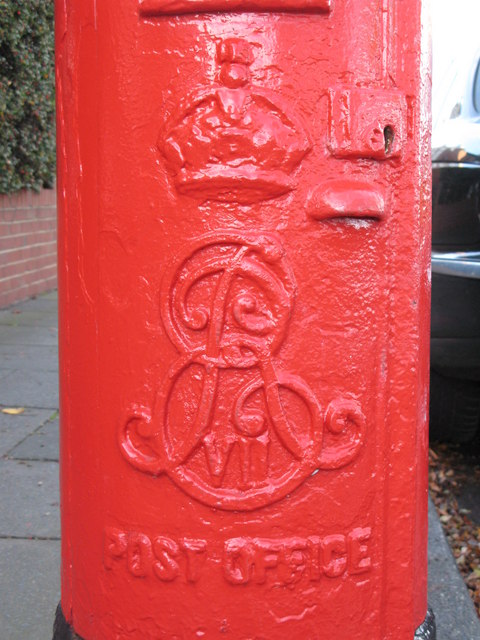
from Geograph (geograph)
Edward VII postbox, Bede Burn Road - royal cipher
Pinned by Simon Cotterill
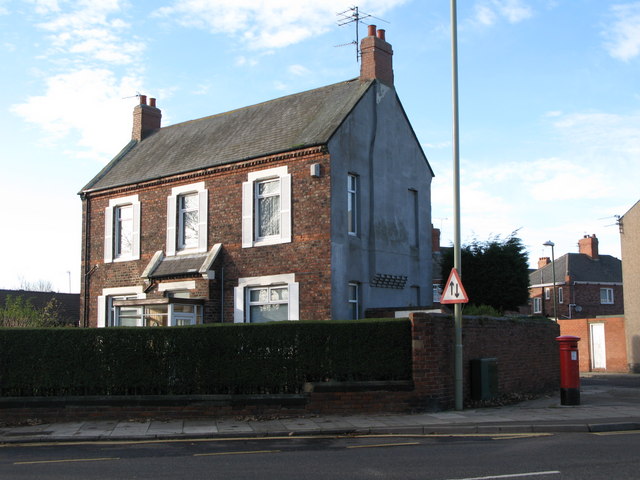
from Geograph (geograph)
The (former) School House, Bede Burn Road / Dillon Street
Pinned by Simon Cotterill
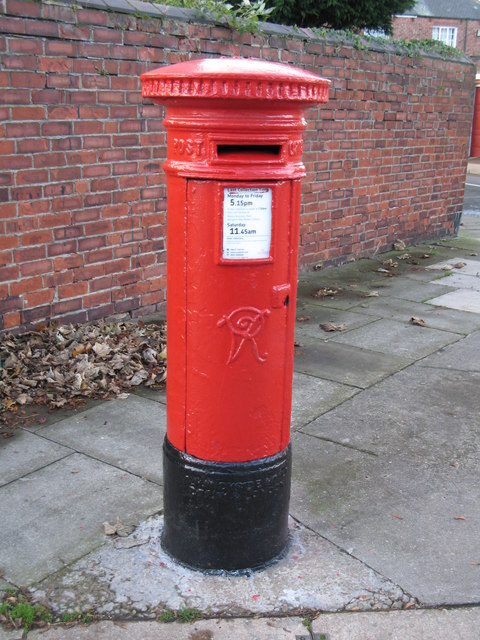
from Geograph (geograph)
Victorian postbox, Bede Burn Road / Dillon Street
Pinned by Simon Cotterill
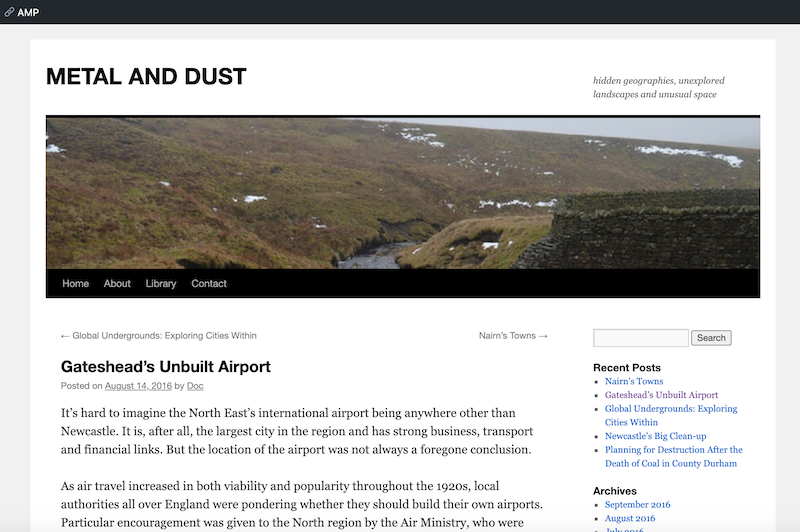
from https://metalanddust.org/2016…
Jarrow Slake
- "Jarrow Slake was a large area of mudflats which would fill up and drain according to the level of the River Tyne.
Industry sprouted along the Slake, with historical ordnance …
Added by
Peter Smith
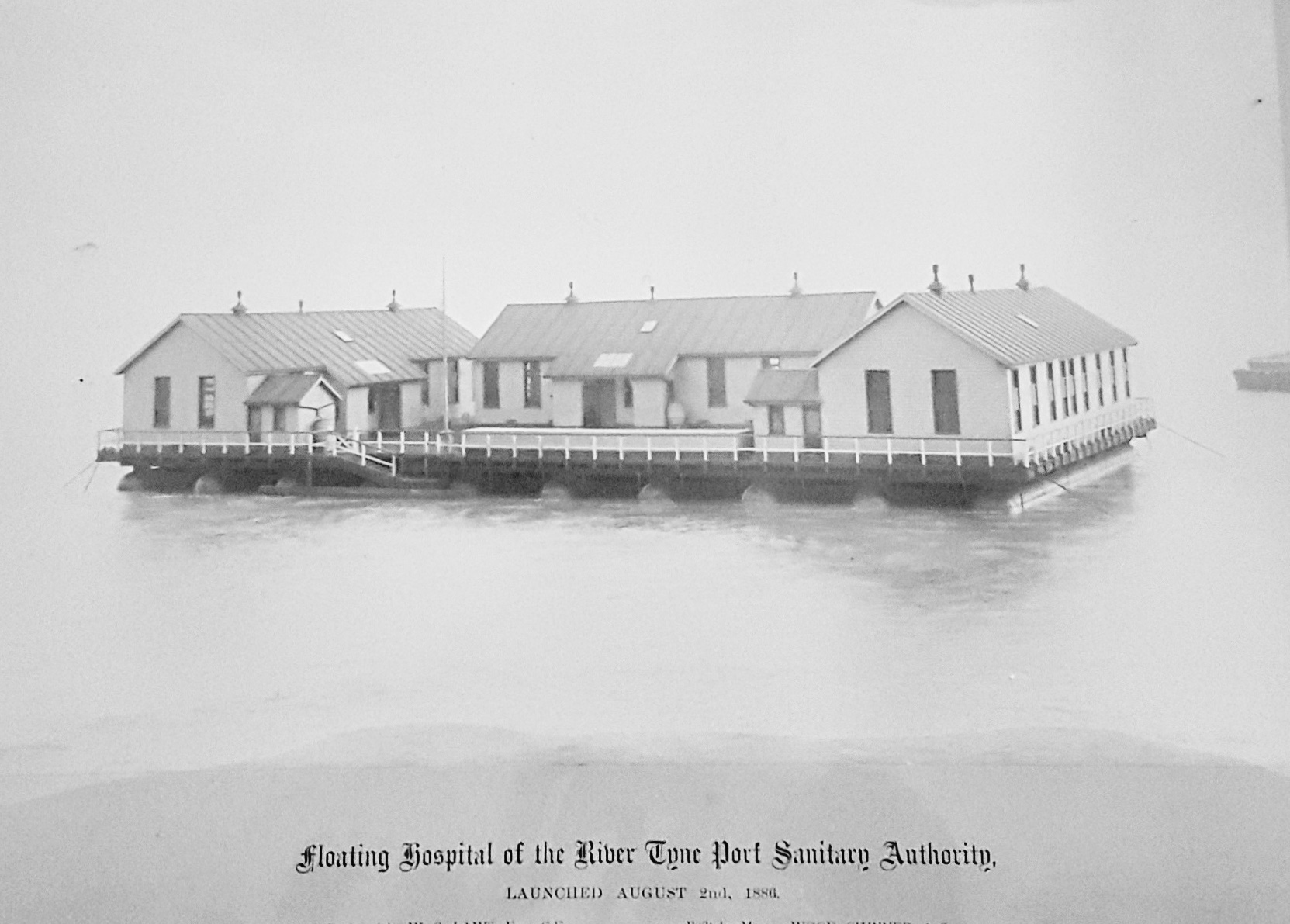
from https://blog.twmuseums.org.uk…
A Floating Hospital
- TWAM Blog June 5, 2020. "Assistant Keeper of History Adam Bell at South Shields Museum and Art Gallery shares how a floating hospital stemmed the influx of infectious diseases into …
Added by
Simon Cotterill

from Youtube (youtube)
Blessing of submarine by Bishop of Lancaster (1928)
Pinned by Simon Cotterill


from http://www.donmouth.co.uk/
Donmouth
- An extensive site by Patrick Brennan on the local history of North-East England, with a particular focus on Jarrow. It includes detailed information, photos and references on a wide range …
Added by
Simon Cotterill

from Youtube (youtube)
Giant Cable Way Dropped - Jarrow Aka Giant Cableway (1938)
Pinned by Simon Cotterill

Co-Curate Page
Sir Charles Mark Palmer (1822-1907)
- Overview About Charles Mark Palmer, Sir Charles Mark Palmer, was a shipbuilding entrepreneur born in South Shields, who later became a Liberal Party politician and Member of Parliament. In 1852 …

from http://picturesofgateshead.co…
St. Paul's Church, Jarrow
- "Lochinvar Series card by N&C. Printed in Saxony, so obviously dates from before the First World War." Postcard from 'Pictures of Gateshead and the Surrounding Area' by Andy Williamson. The …
Added by
Simon Cotterill

Co-Curate Page
Monkton
- Overview Map Street View Monkton is area in South Tyneside which is located to the south of Jarrow. The origins of Monkton date back to at least 1074 AD, when …

from http://picturesofgateshead.co…
Municipal Buildings, Jarrow
- "Grand Series postcard by Ruddock Ltd. of Newcastle on Tyne". Postcard from 'Pictures of Gateshead and the Surrounding Area' by Andy Williamson. The images may be used for non-commercial purposes, …
Added by
Simon Cotterill

from http://picturesofgateshead.co…
Park Lake, Jarrow
- "Posted to Backworth on 22nd July 1908. Published by Lochinvar in their N&C Series". Postcard from 'Pictures of Gateshead and the Surrounding Area' by Andy Williamson. The images may be …
Added by
Simon Cotterill

from http://picturesofgateshead.co…
Ormonde Street, Jarrow on Tyne
- "Published by R. Johnston & Son of Gateshead in their Monarch Series [no: 161]". Postcard from 'Pictures of Gateshead and the Surrounding Area' by Andy Williamson. The images may be …
Added by
Simon Cotterill

from http://picturesofgateshead.co…
Ellison Street, Jarrow
- "The cranes of Palmers shipyards are visible at the end of the street. Photo by Elite of Jarrow [no: 5230-6]. Published by Davidson Bros, London & New York." Postcard from …
Added by
Simon Cotterill

from http://picturesofgateshead.co…
Peeps at Jarrow
- "Posted from Jarrow to Newton-on-Ayr in Scotland, 17th July 1935. Published by R. Johnston & Sons of Gateshead in their Monarch Series [no: 3886]". Postcard from 'Pictures of Gateshead and …
Added by
Simon Cotterill

Co-Curate Page
Bowes Railway
- Overview About Bowes Railway Map Street View Bowes Railway was originally built by George Stephenson in 1826 to transport coal from pits in north west Durham to boats on the …

from IllustratedChronicles (flickr)
Alfred Lowe Morgan, Jarrow, lost on submarine
Pinned by Simon Cotterill

from Newcastle libraries (flickr)
024987:Jarrow South Tyneside unknown c.1800
Pinned by Simon Cotterill

from Newcastle libraries (flickr)
025915:Launch of the HMS Lord Nelson 1906
Pinned by Simon Cotterill

from Newcastle libraries (flickr)
031341:Jarrow Tyne Street Palmers statue C.1910
Pinned by Simon Cotterill

from Newcastle libraries (flickr)
031337:Jarrow Park with drinking fountain
Pinned by Simon Cotterill

from Newcastle libraries (flickr)
030697:St. Peter's Church Jarrow C. 1910
Pinned by Simon Cotterill

from Newcastle libraries (flickr)
011537:Drewett Playing Fields Jarrow C. 1930
Pinned by Simon Cotterill

from Newcastle libraries (flickr)
022483:Dr. Michael Ramsey's visit to Jarrow 1974
Pinned by Simon Cotterill

from Newcastle libraries (flickr)
022484:The visit of Dr. Michael Ramsey to Jarrow 1974
Pinned by Simon Cotterill

Co-Curate Page
Jarrow Hall - Anglo Saxon Farm, Village and Bede Museum
- Overview About Bede's World Map Jarrow Hall - Anglo Saxon Farm, Village and Bede Museum (formerly 'Bede's World') is an 11 acre museum and visitor attraction located at Jarrow in South …

from Geograph (geograph)
Edward VII postbox, Bede Burn Road - royal cipher
Pinned by Simon Cotterill

from Geograph (geograph)
The (former) School House, Bede Burn Road / Dillon Street
Pinned by Simon Cotterill

from Geograph (geograph)
Victorian postbox, Bede Burn Road / Dillon Street
Pinned by Simon Cotterill

from https://metalanddust.org/2016…
Jarrow Slake
- "Jarrow Slake was a large area of mudflats which would fill up and drain according to the level of the River Tyne.
Industry sprouted along the Slake, with historical ordnance …
Added by
Peter Smith

from https://blog.twmuseums.org.uk…
A Floating Hospital
- TWAM Blog June 5, 2020. "Assistant Keeper of History Adam Bell at South Shields Museum and Art Gallery shares how a floating hospital stemmed the influx of infectious diseases into …
Added by
Simon Cotterill

from Youtube (youtube)
Blessing of submarine by Bishop of Lancaster (1928)
Pinned by Simon Cotterill
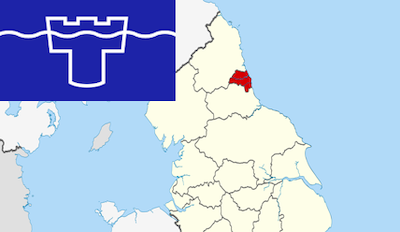
Tyne and Wear
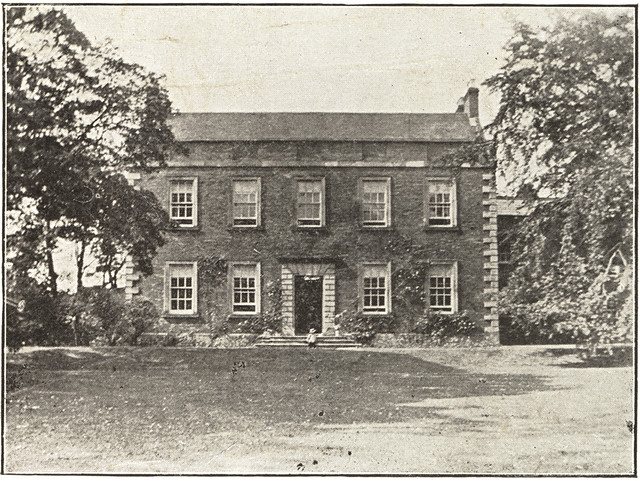
South Tyneside
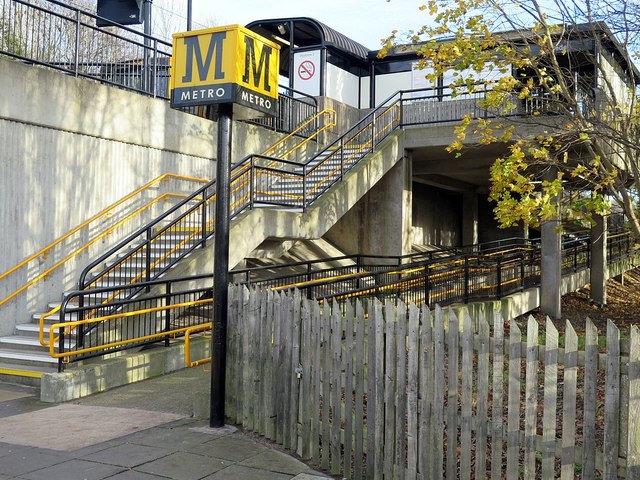
Bede Metro Station
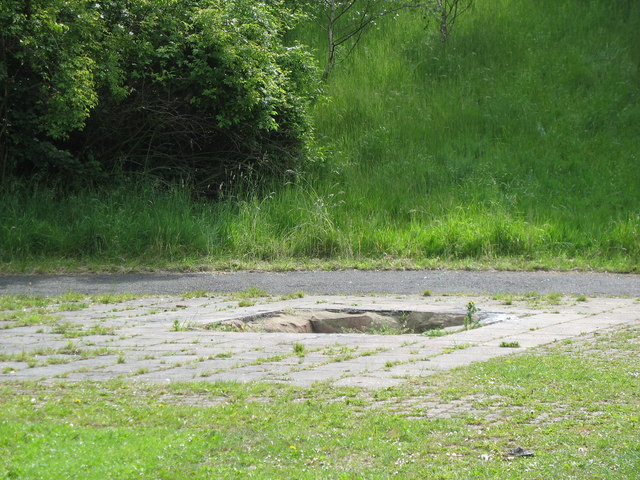
Bede's Well, Jarrow
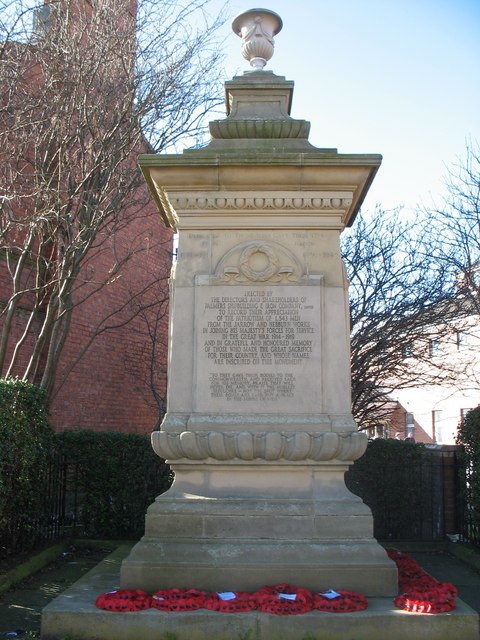
Cenotaph, Jarrow
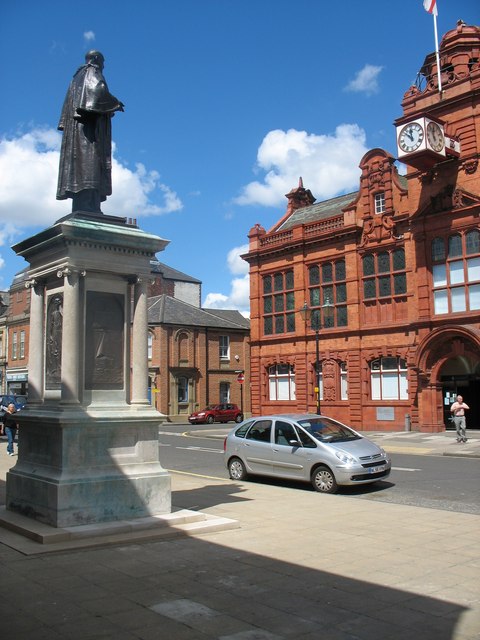
Charles Palmer Statue, Jarrow
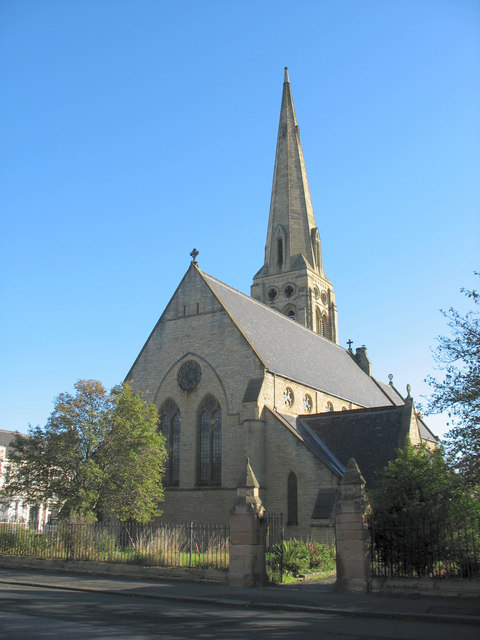
Christ Church, Jarrow

Church of St Paul, Jarrow

Fellgate
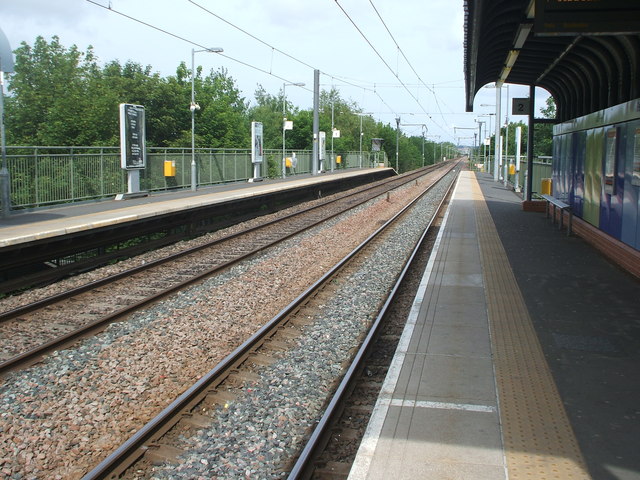
Fellgate Metro Station
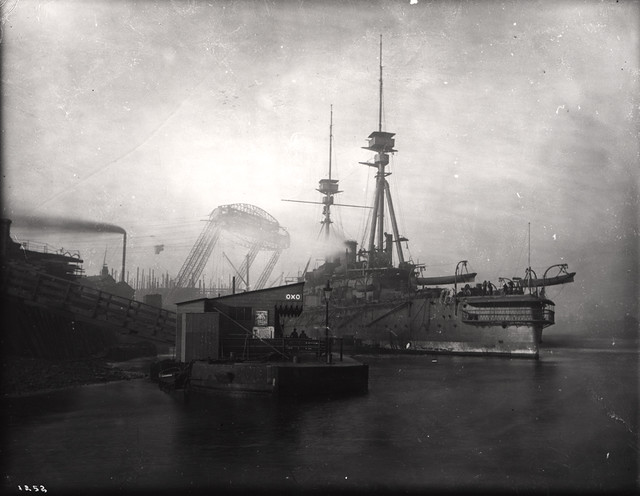
Howdon - Jarrow Ferry (1854 - 1967)
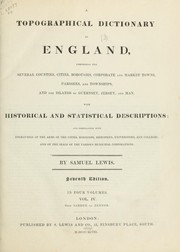
Jarrow (St. Paul) Parish, 1848
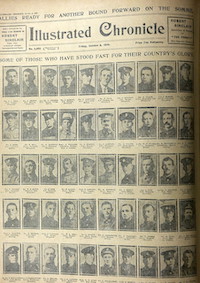
Jarrow at War
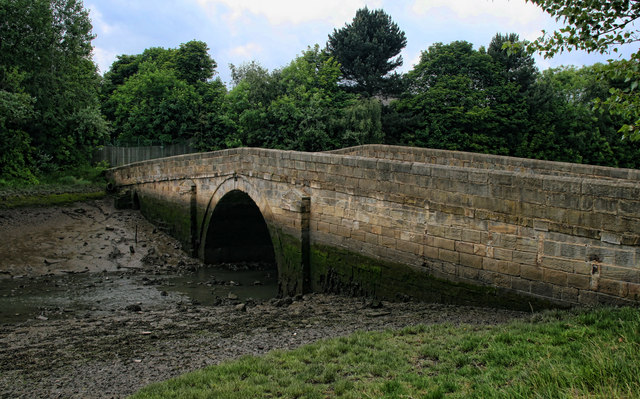
Jarrow Bridge over the River Don
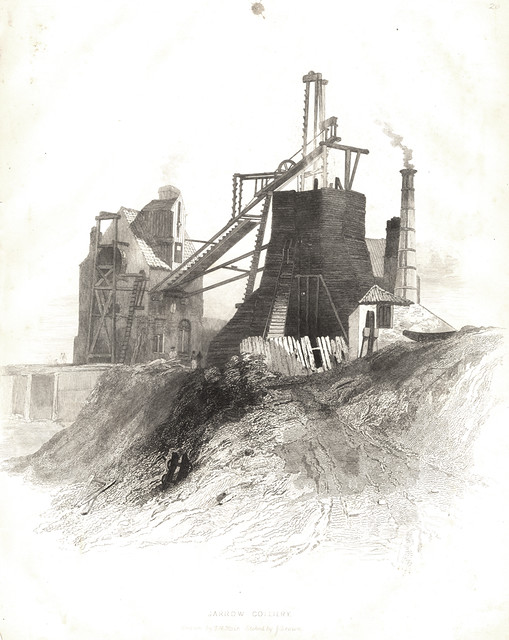
Jarrow Colliery (1803 - 1851)
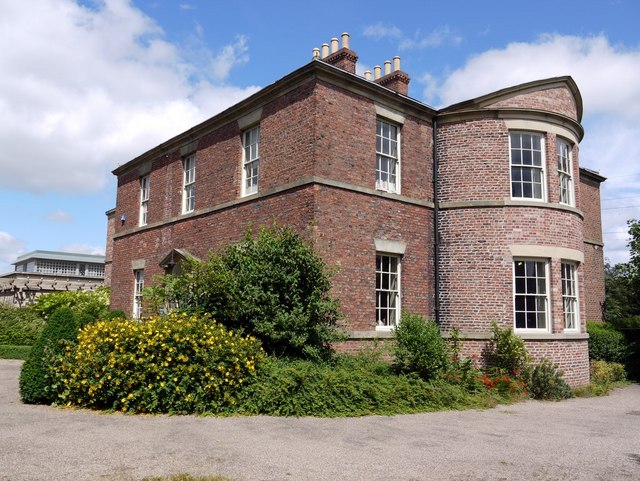
Jarrow Hall
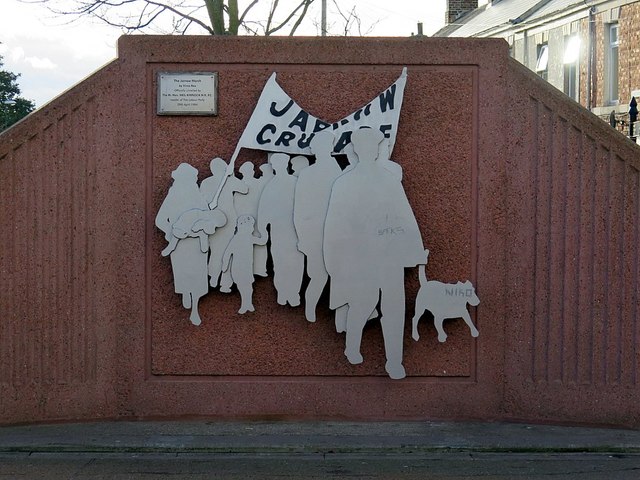
Jarrow Metro Station
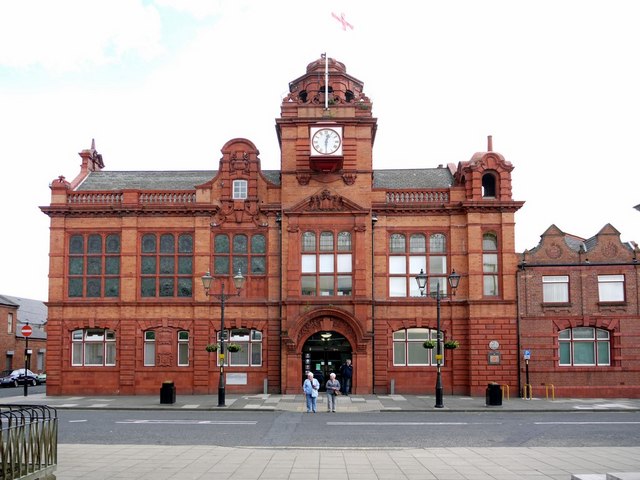
Jarrow Town Hall

Jarrow, Historical Description, 1890
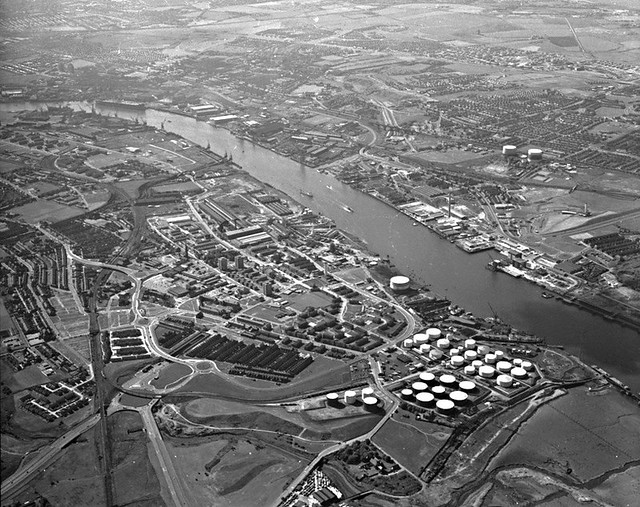
Map and Aerial View of Jarrow
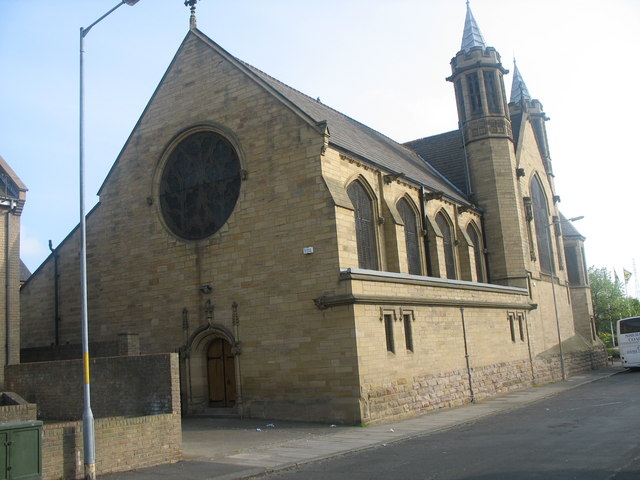
St Bede's RC Church, Jarrow

St Paul's Conservation Area, Jarrow
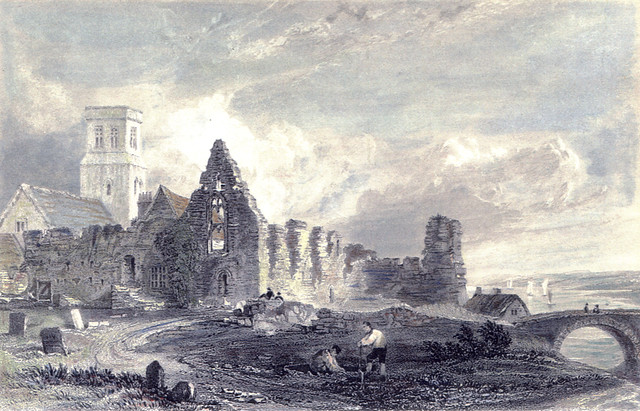
St Paul's Monastery, Jarrow
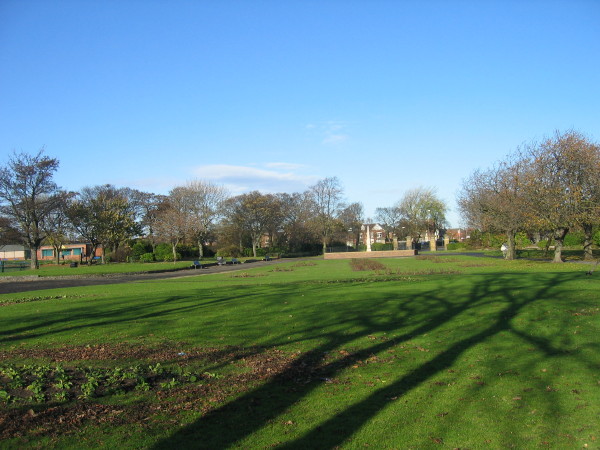
West Park, Jarrow
